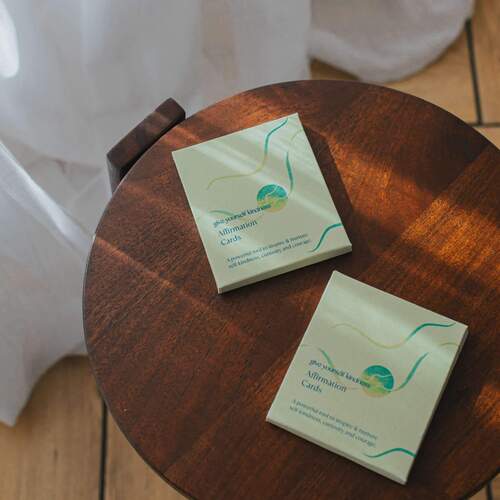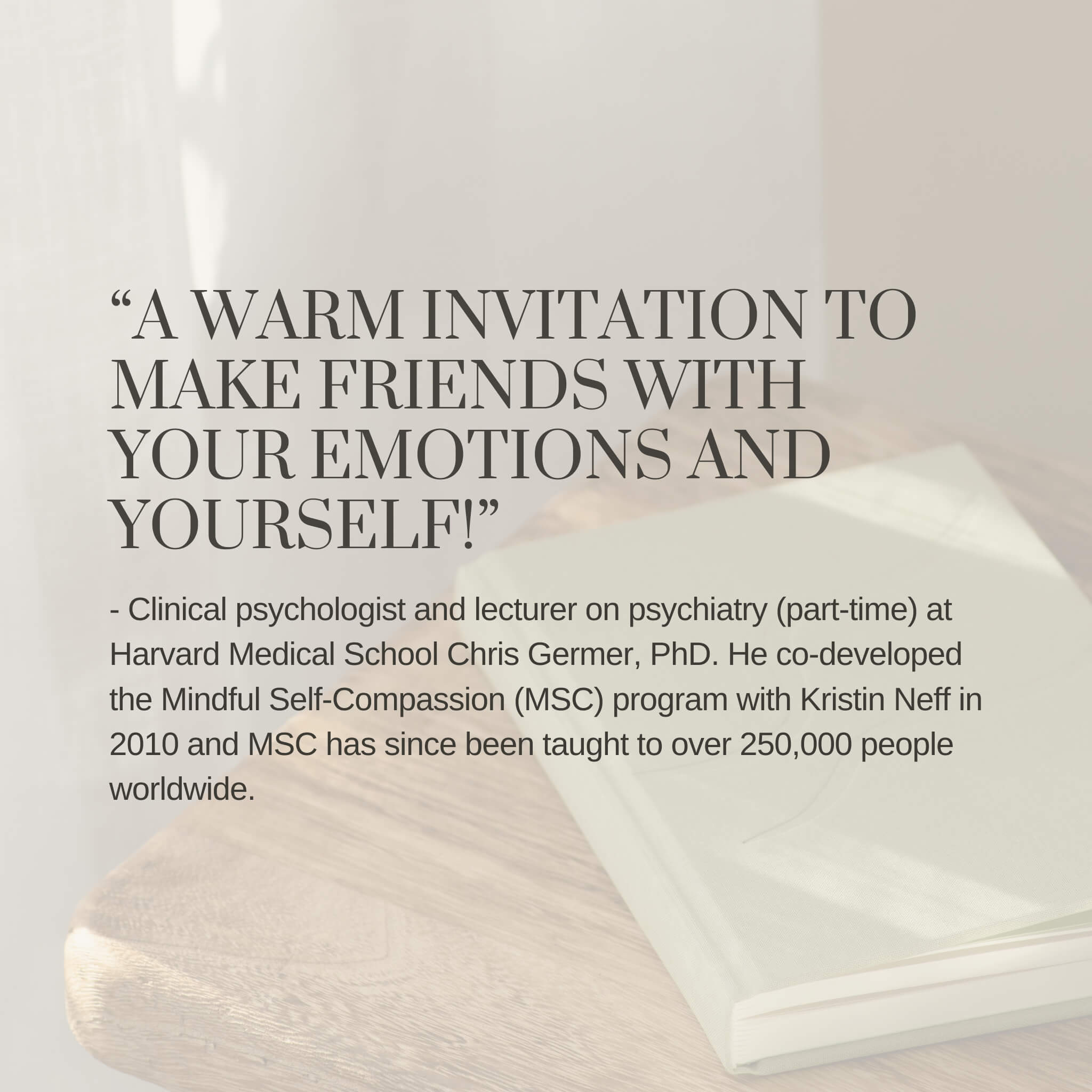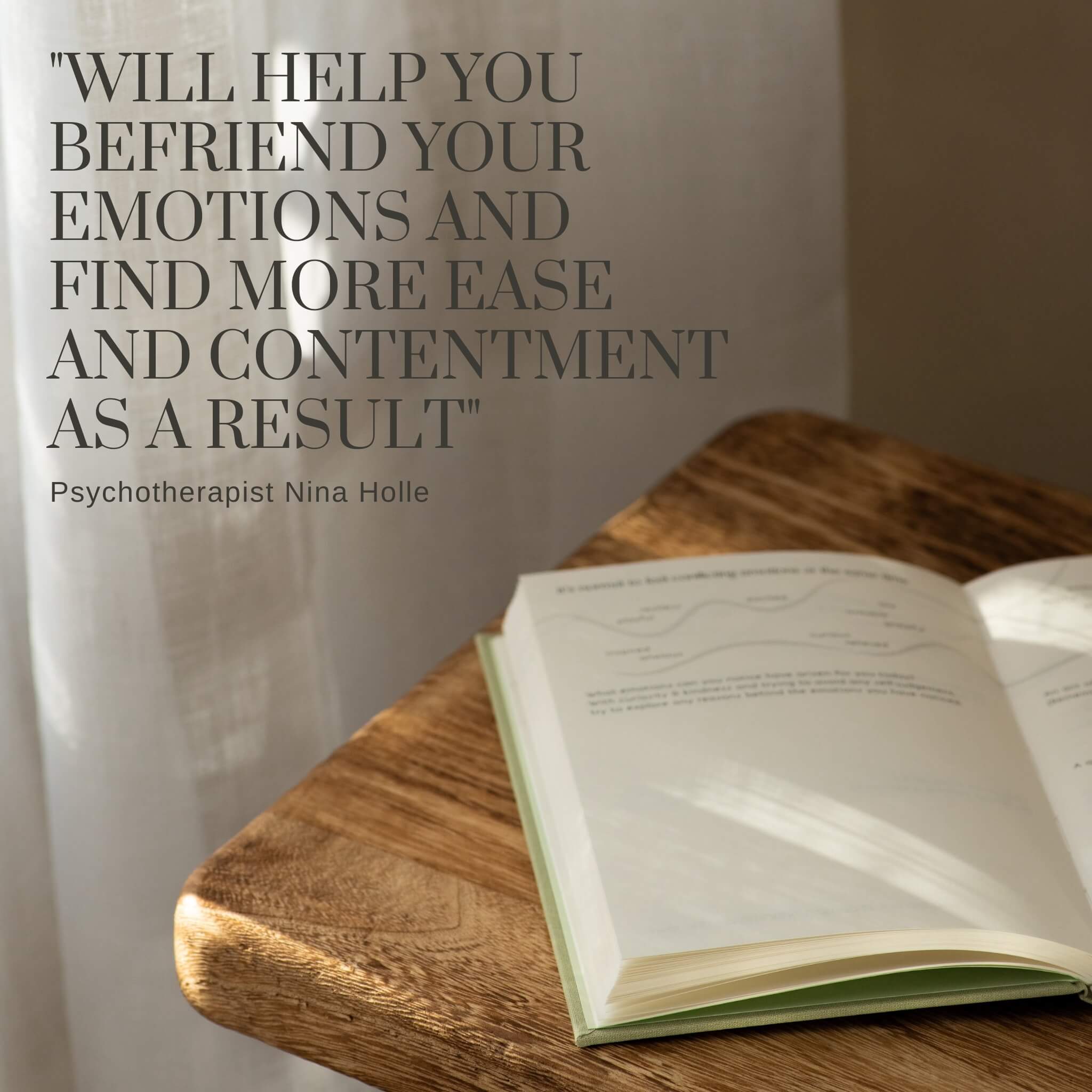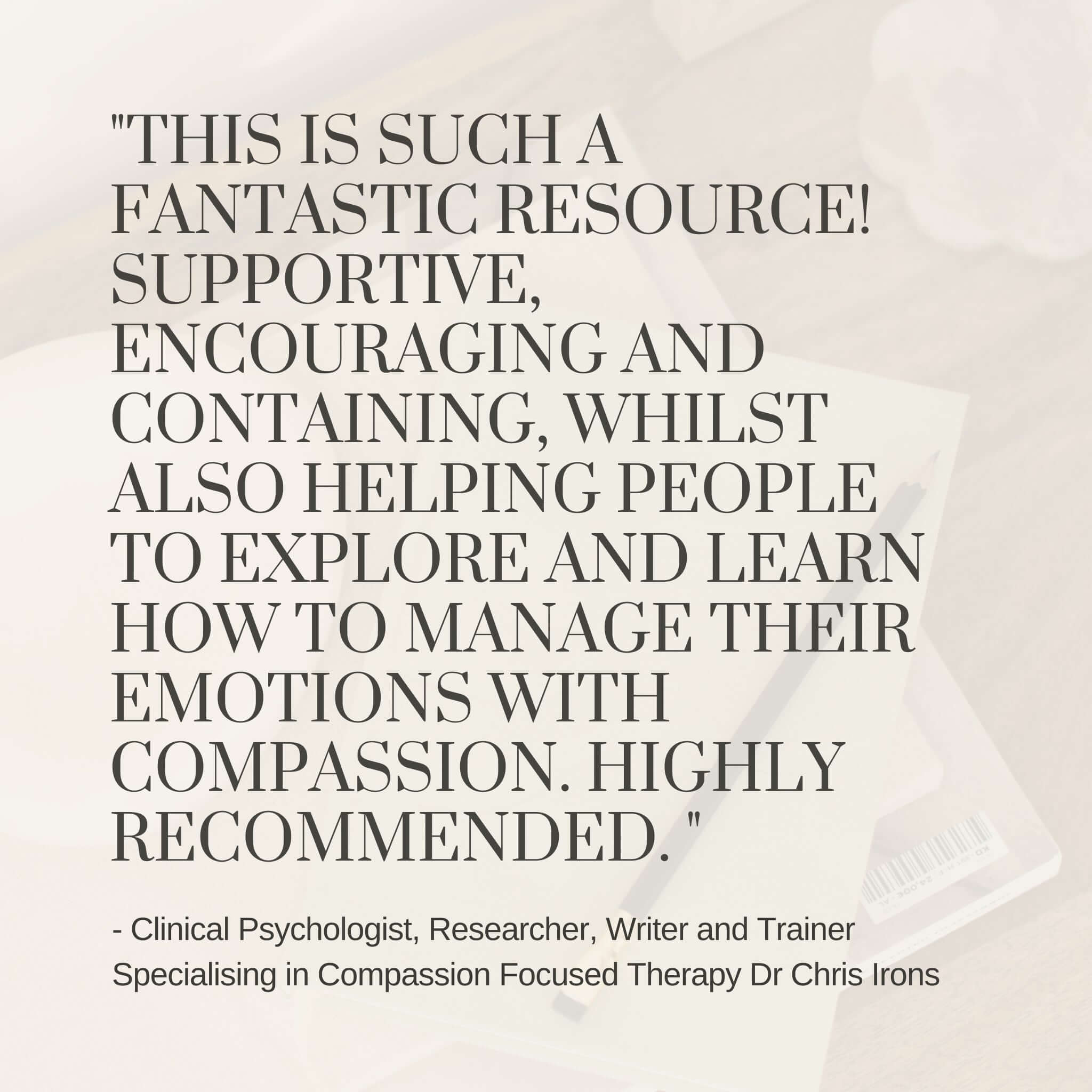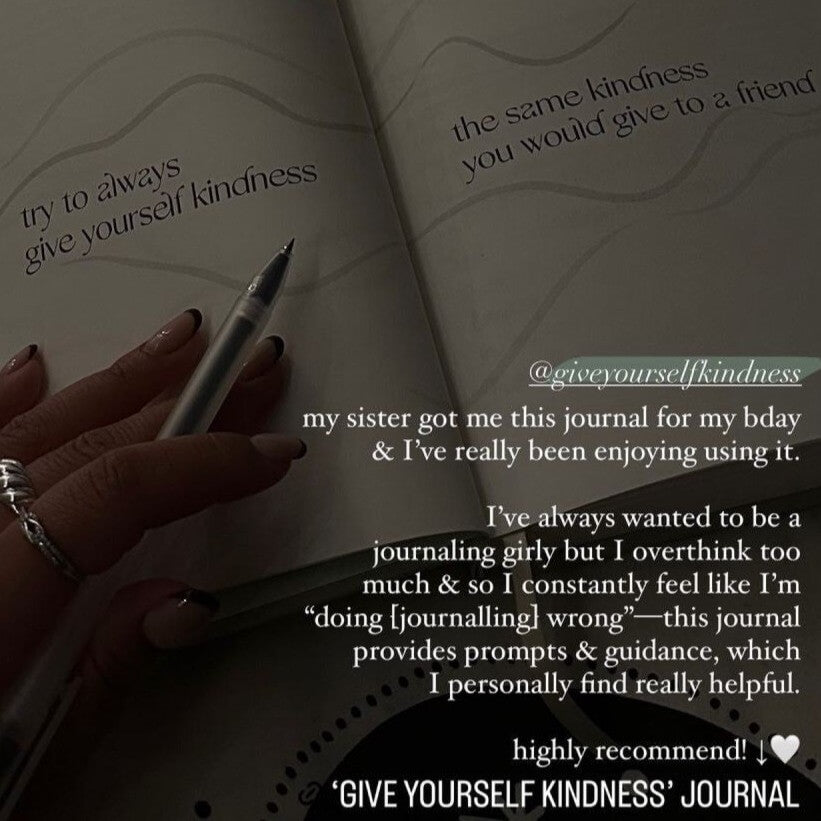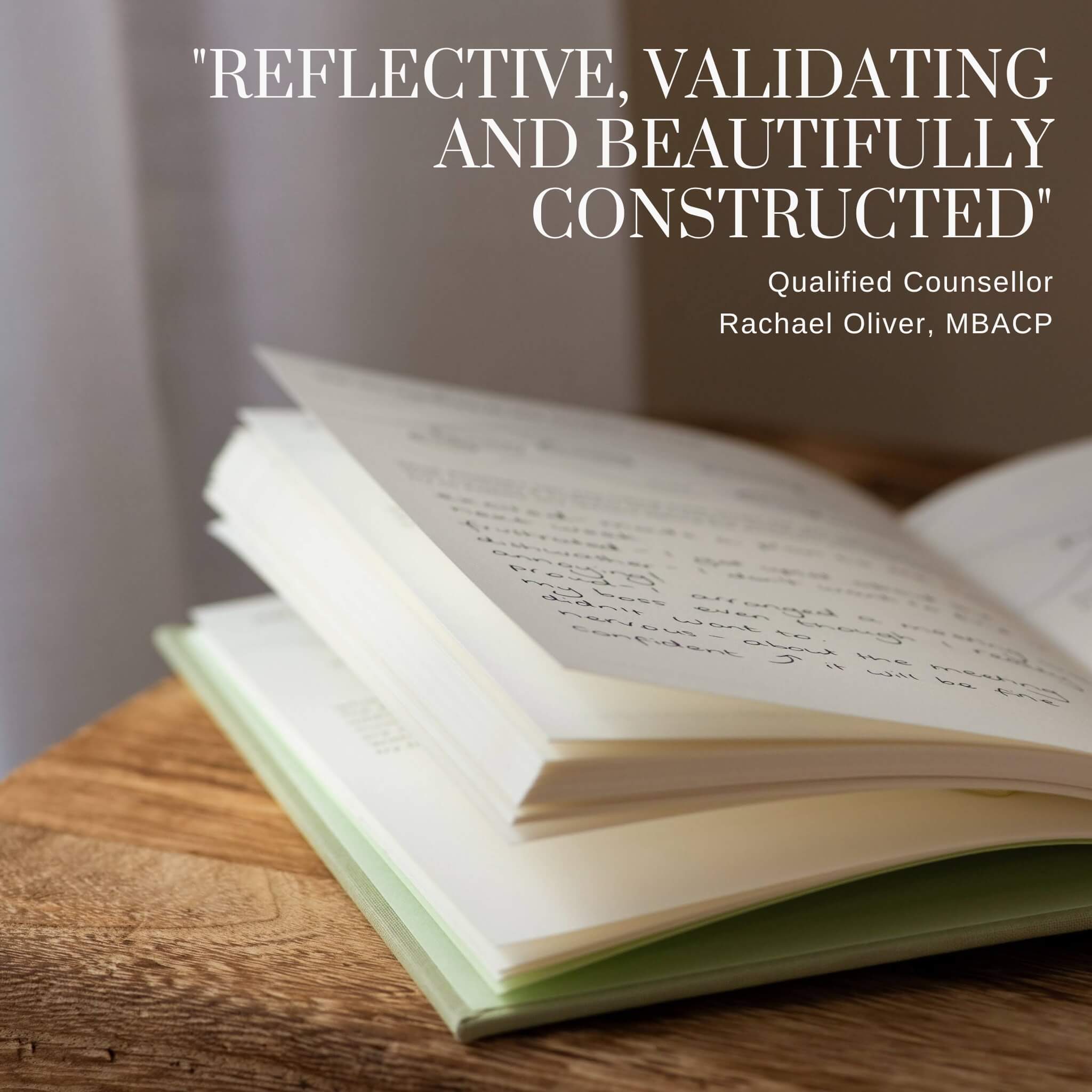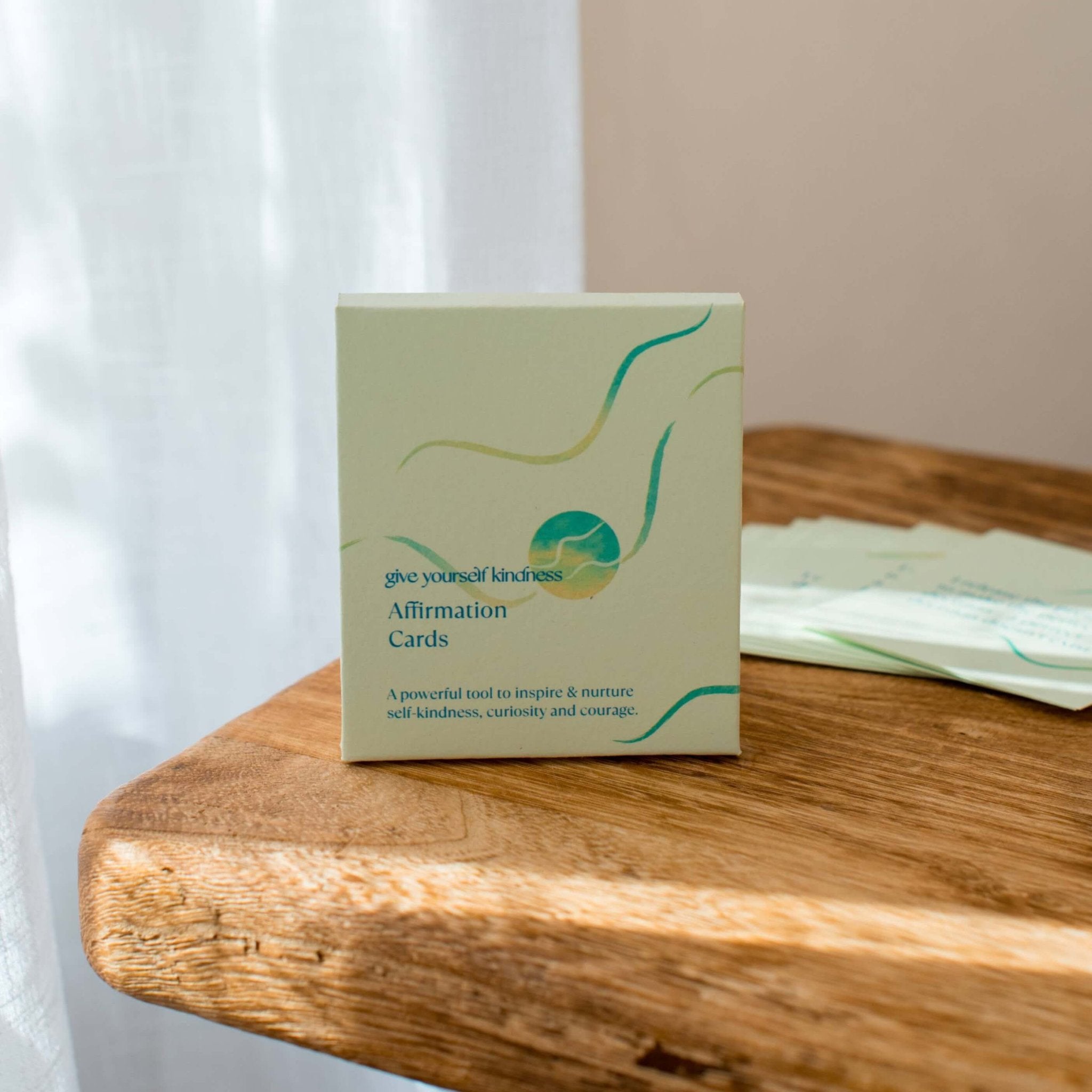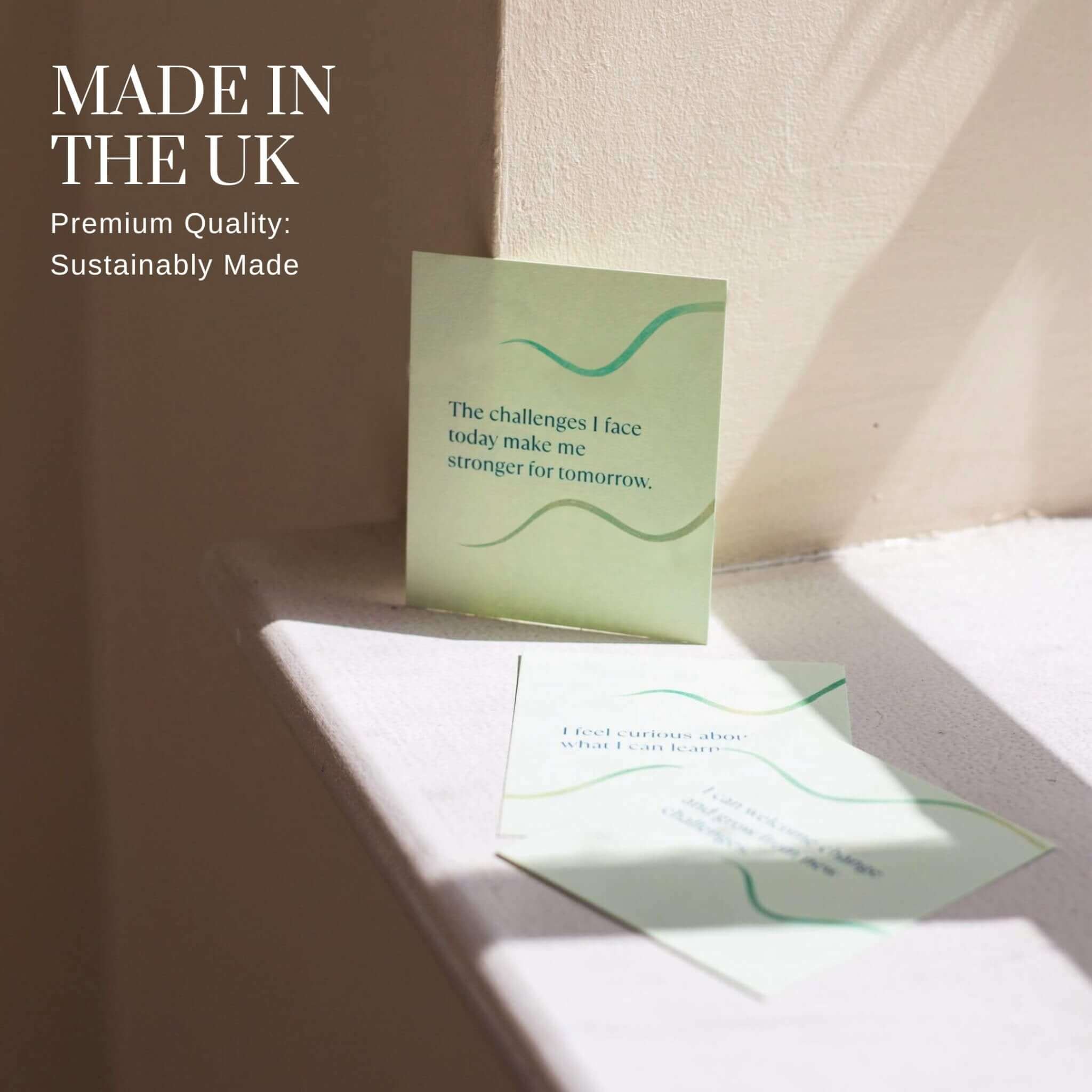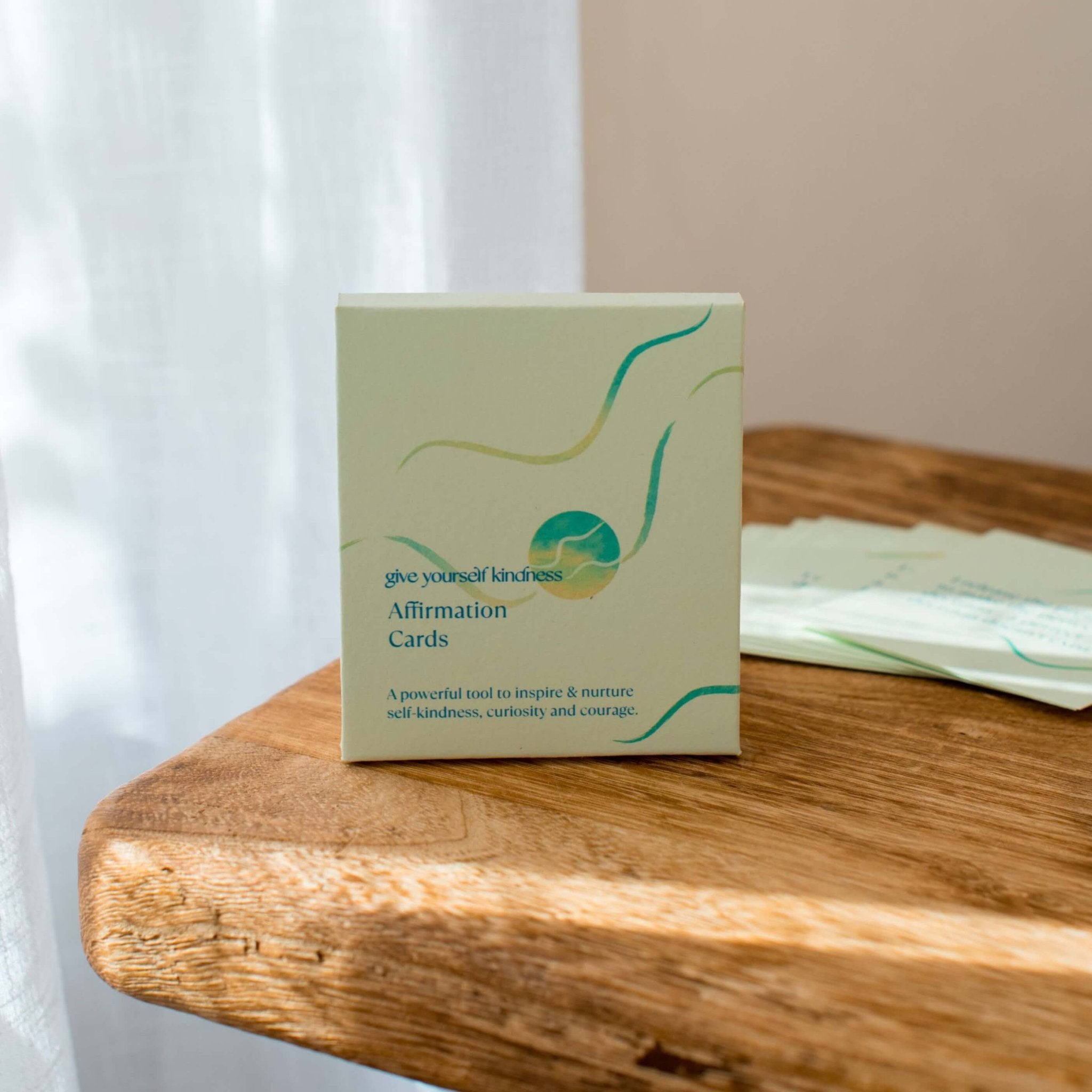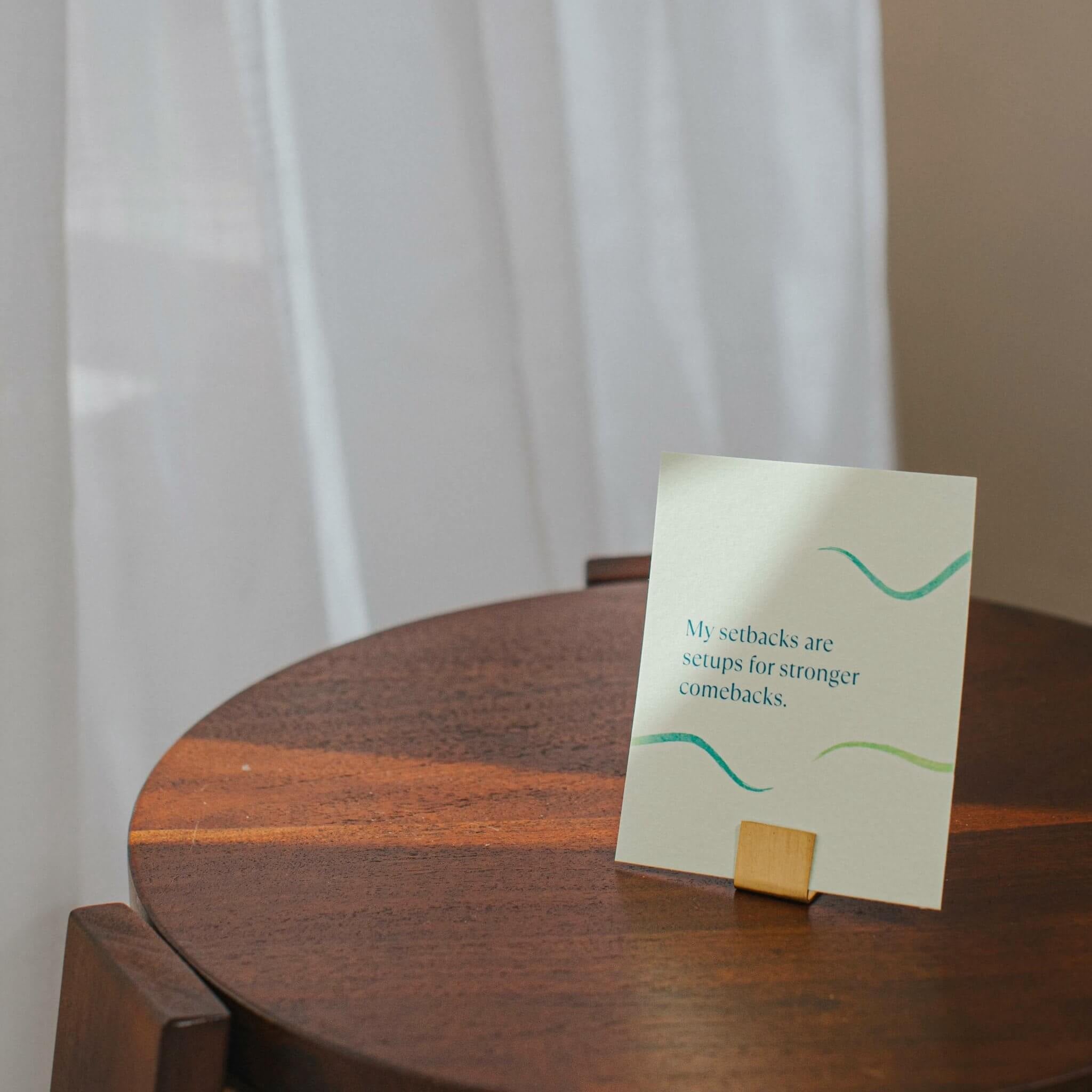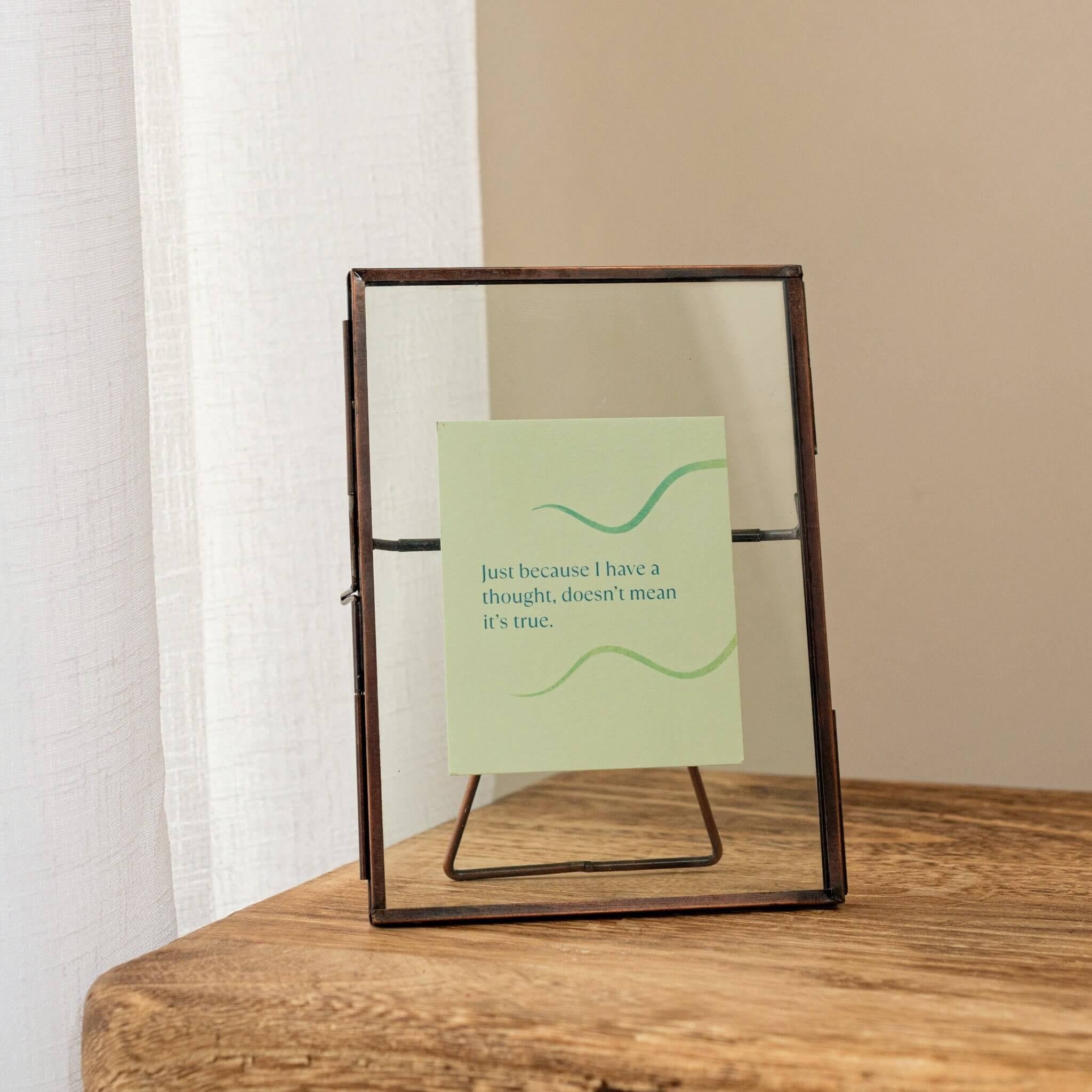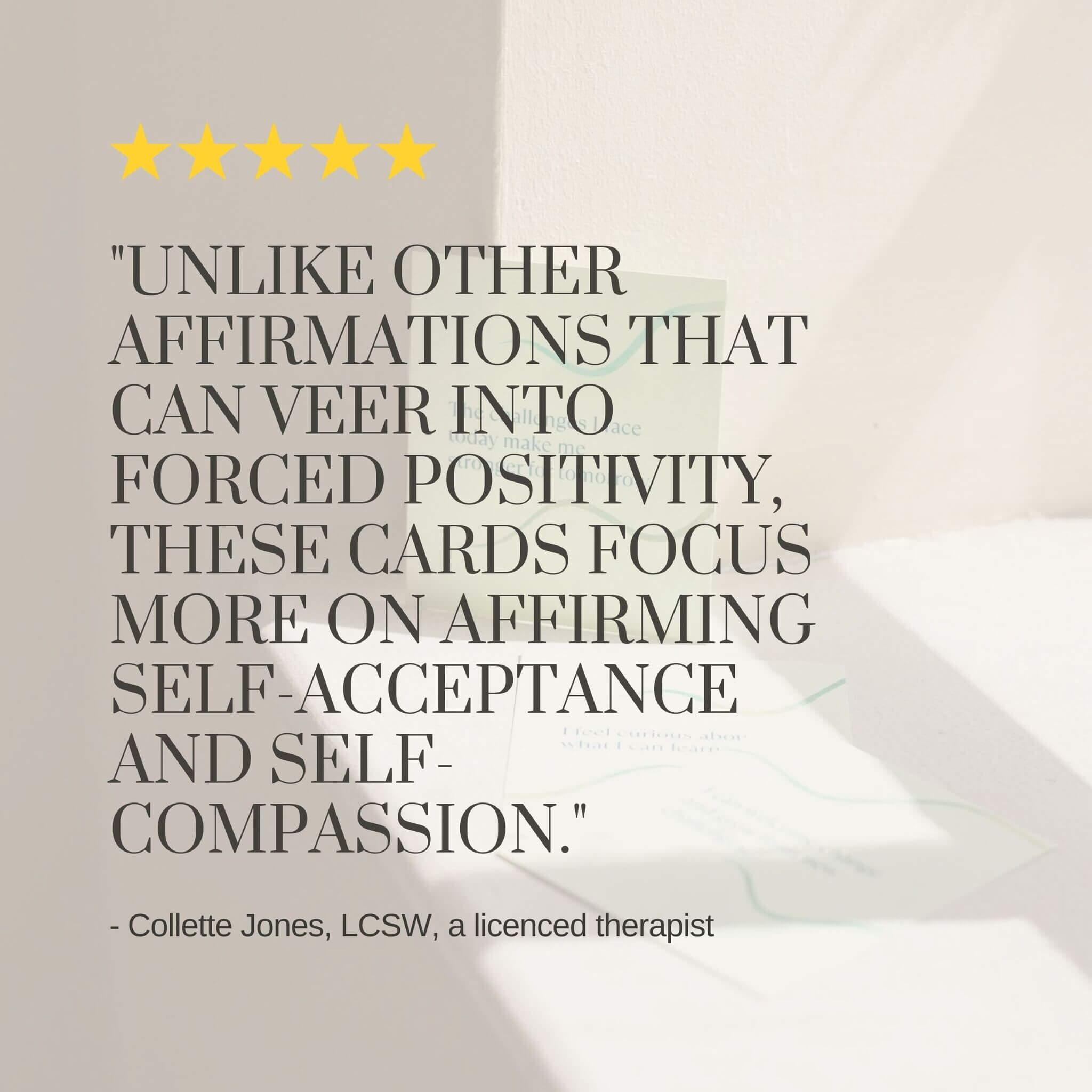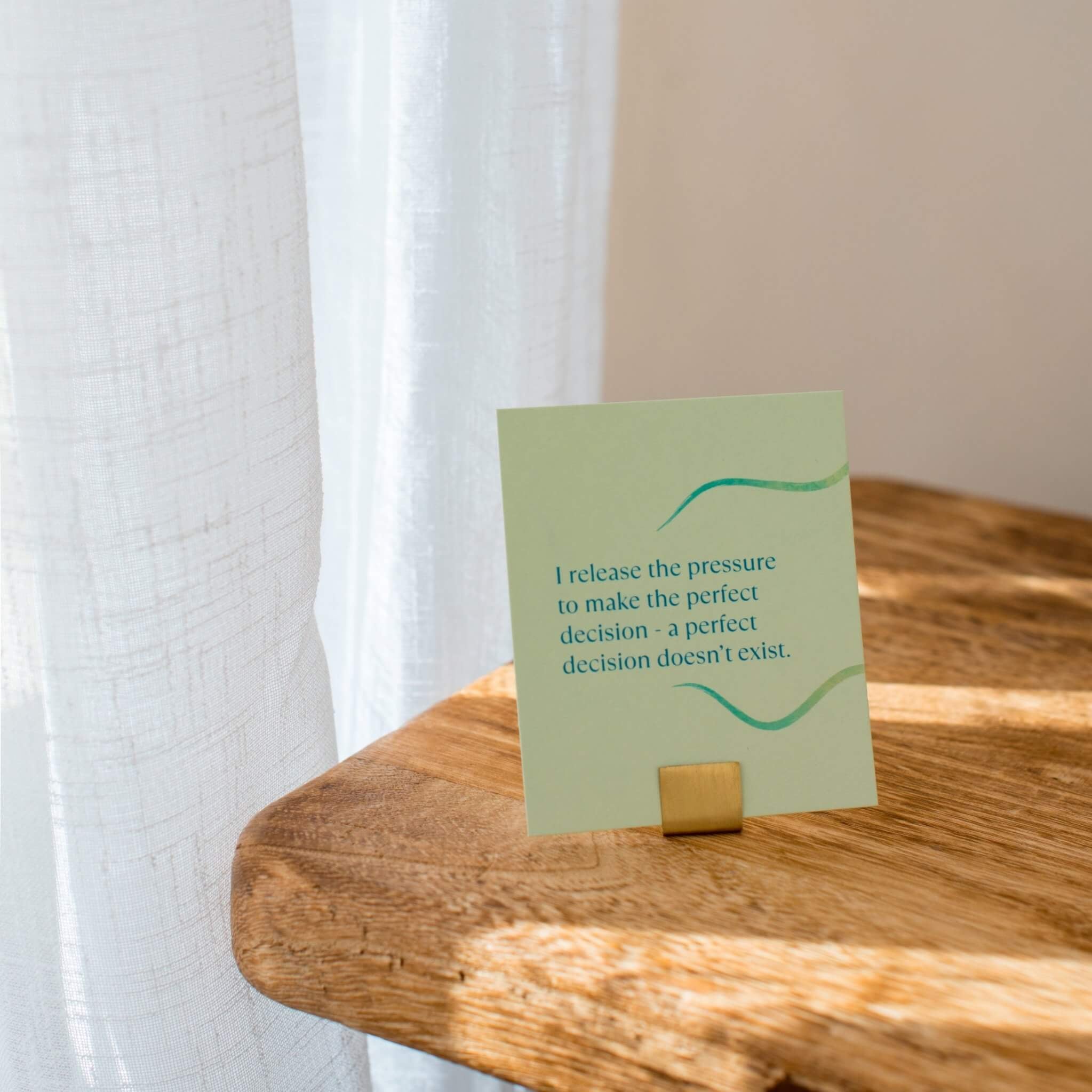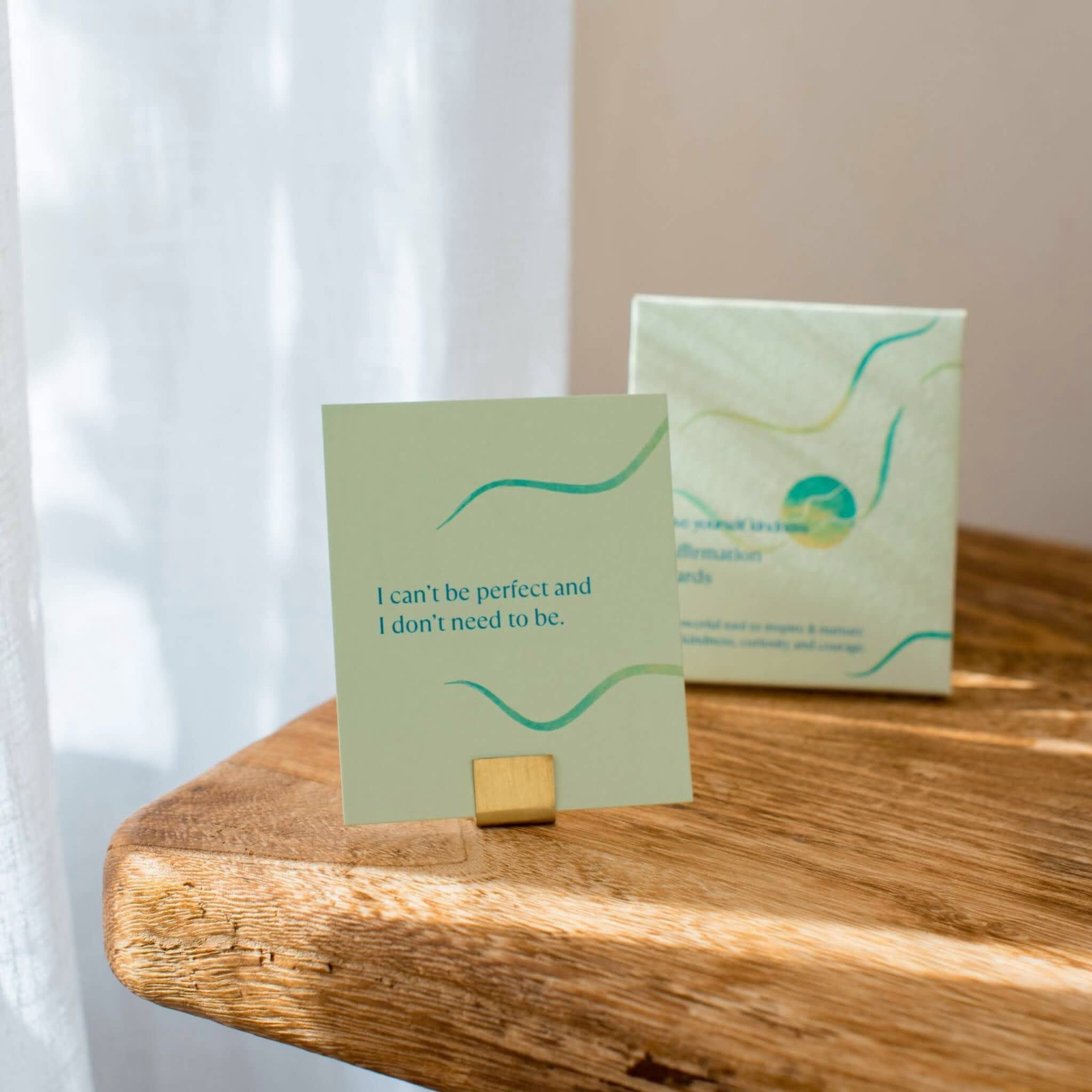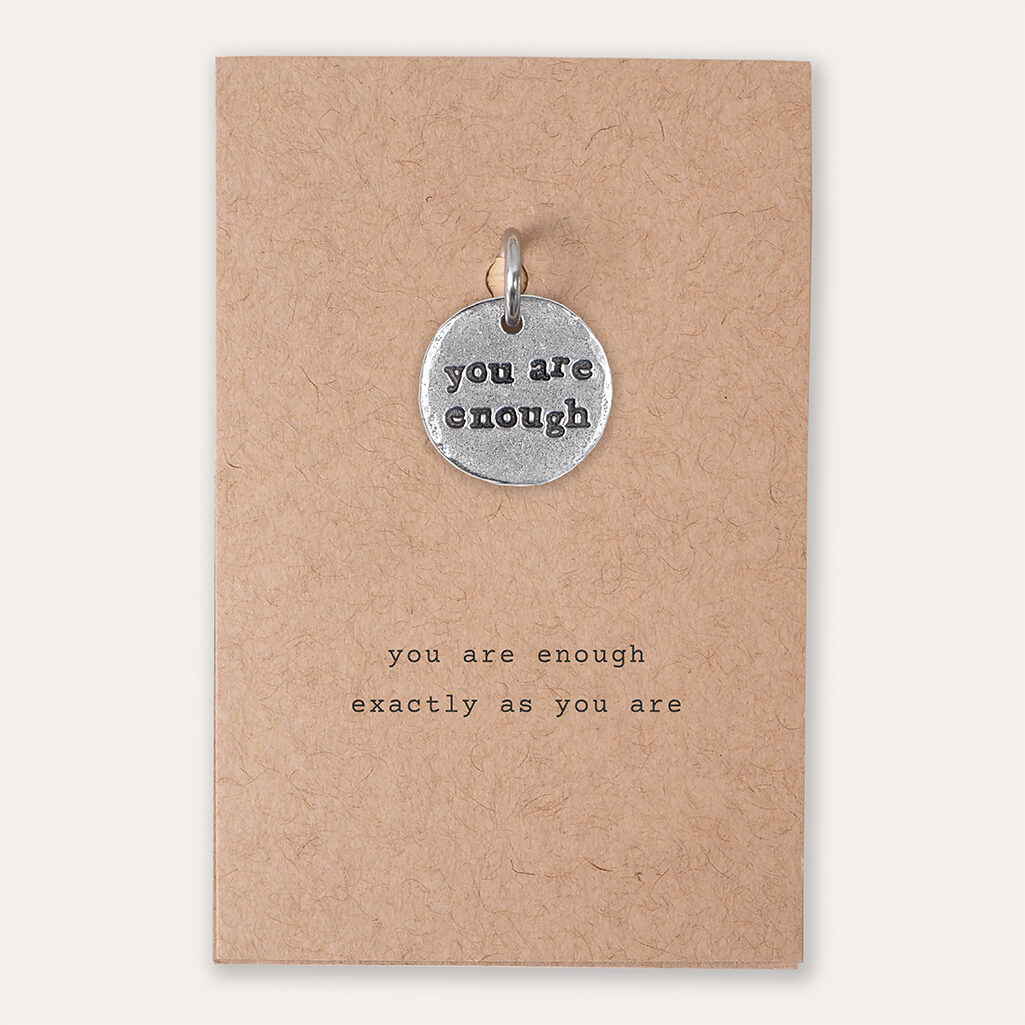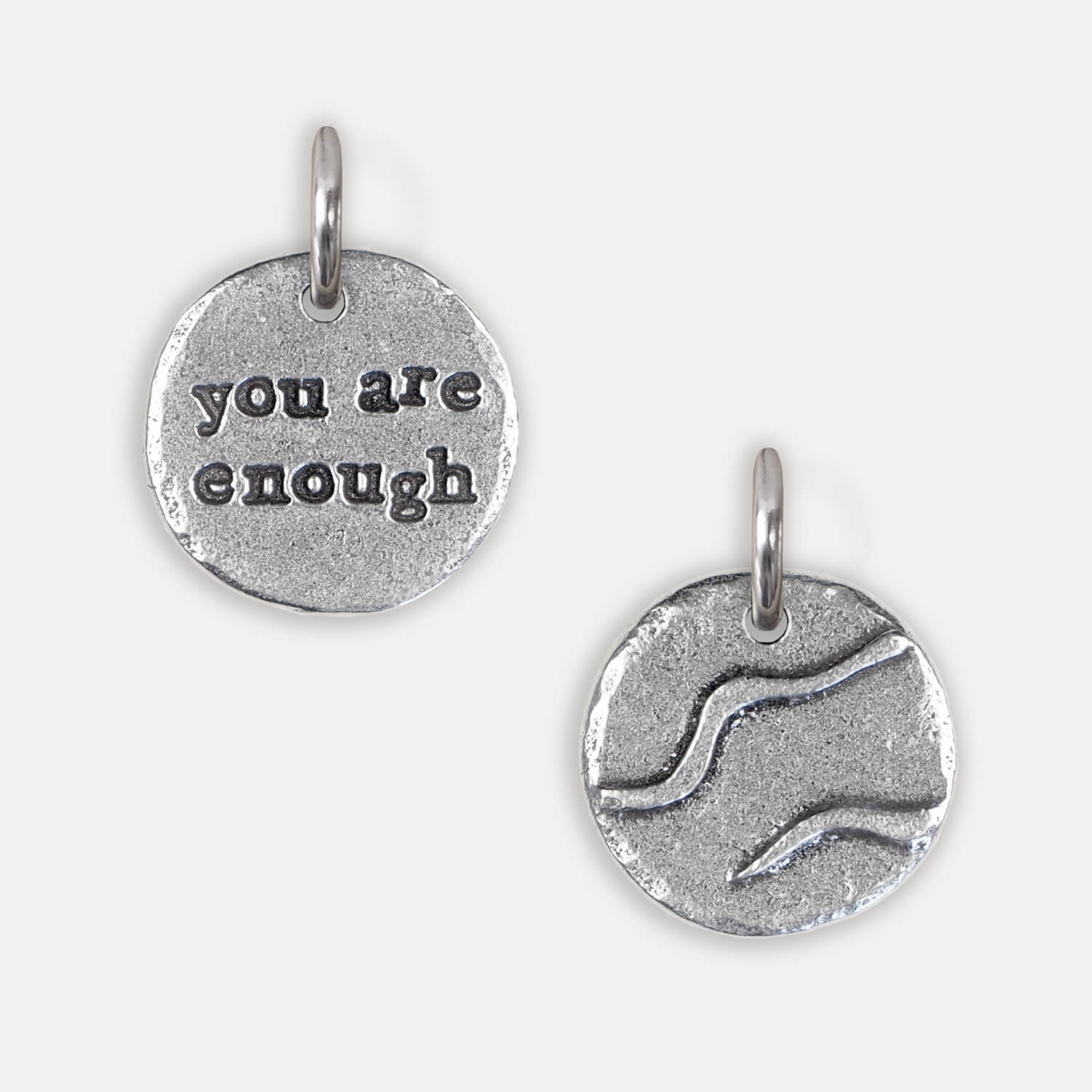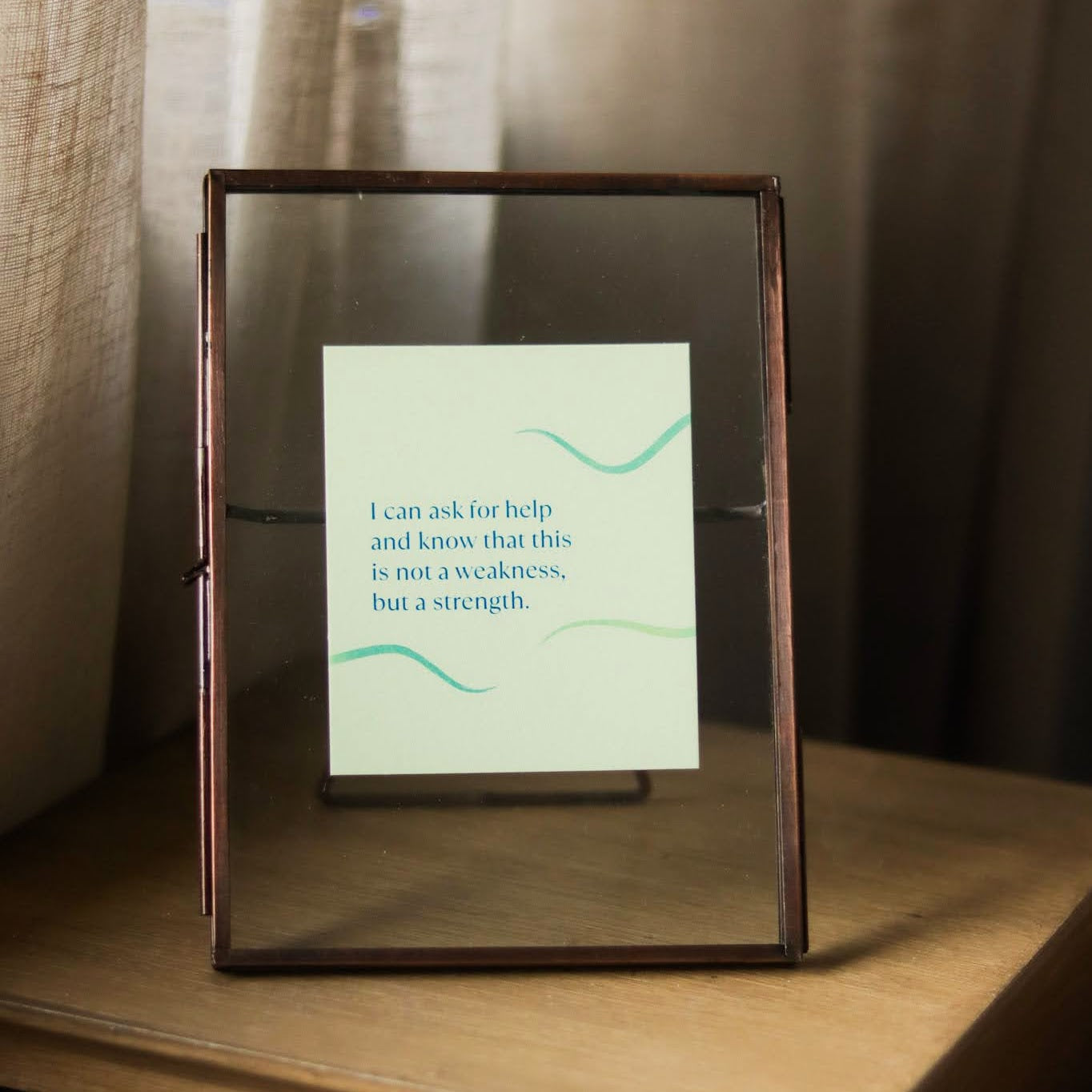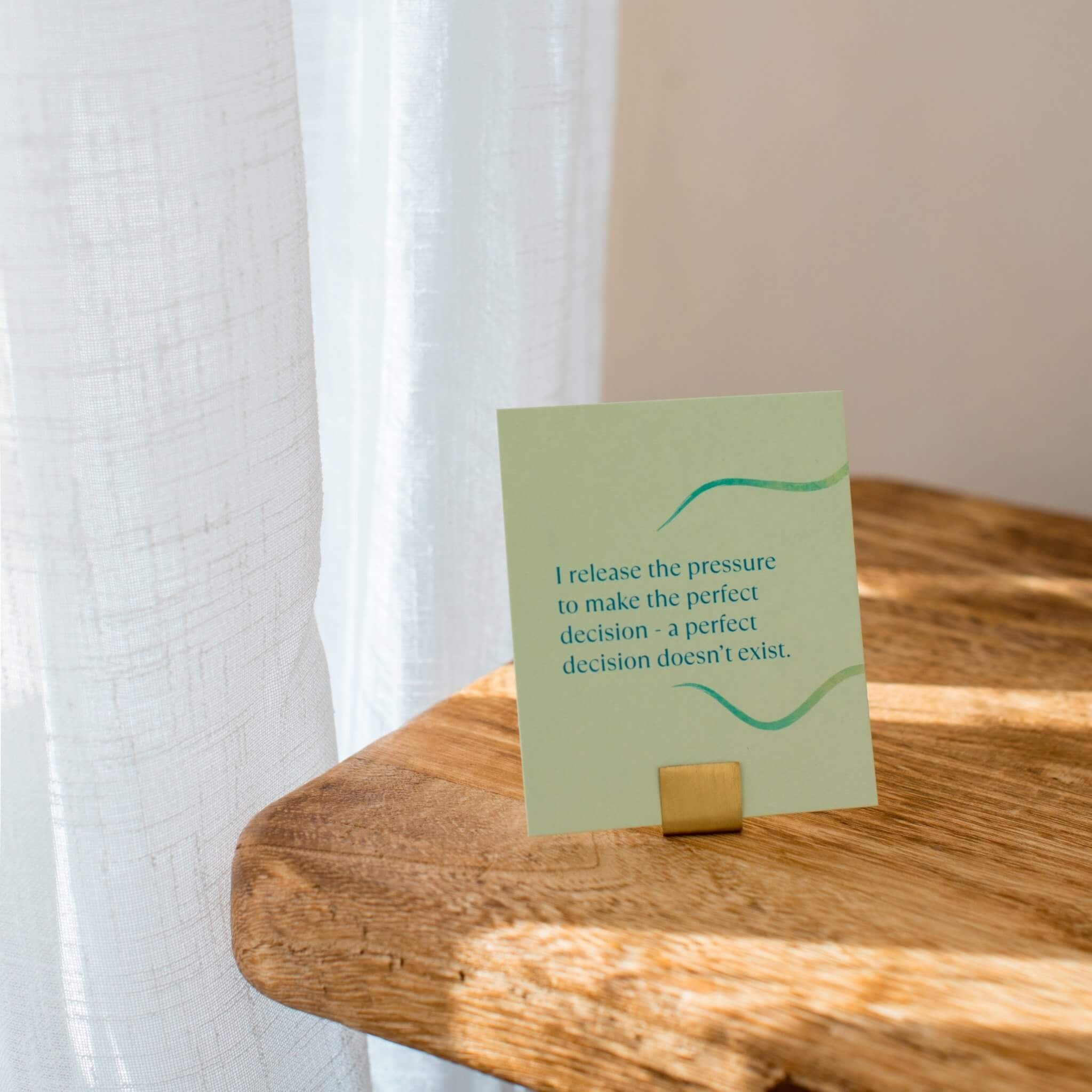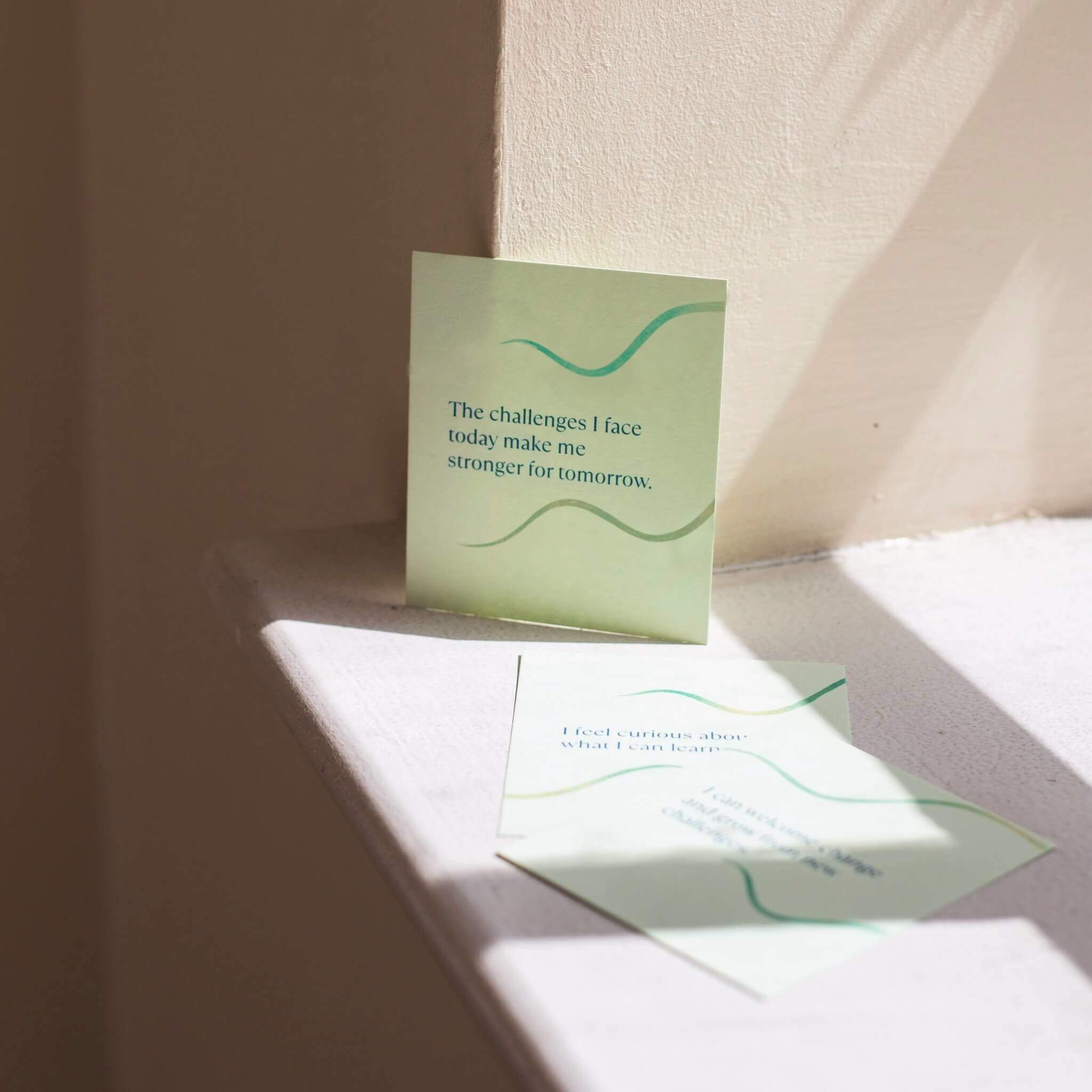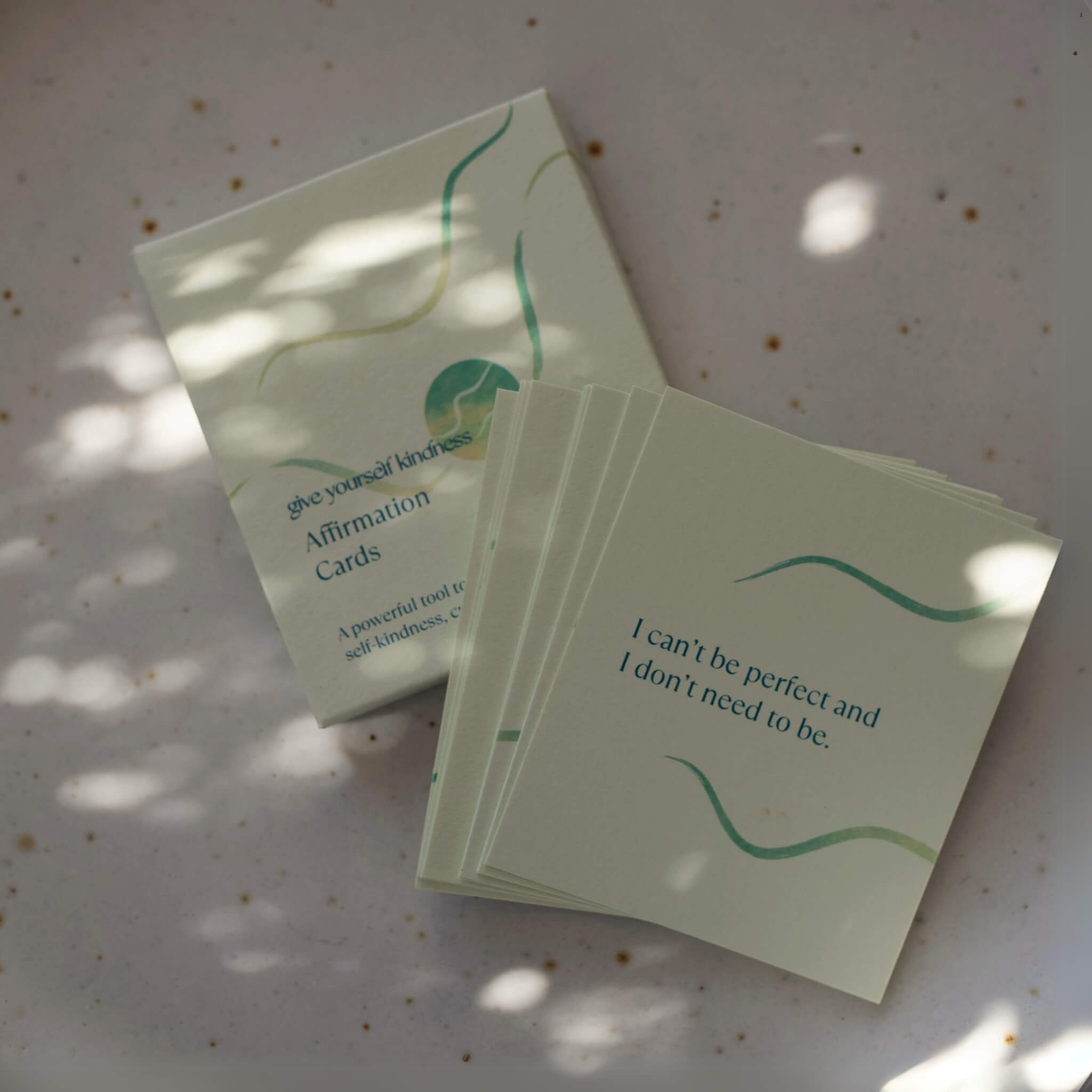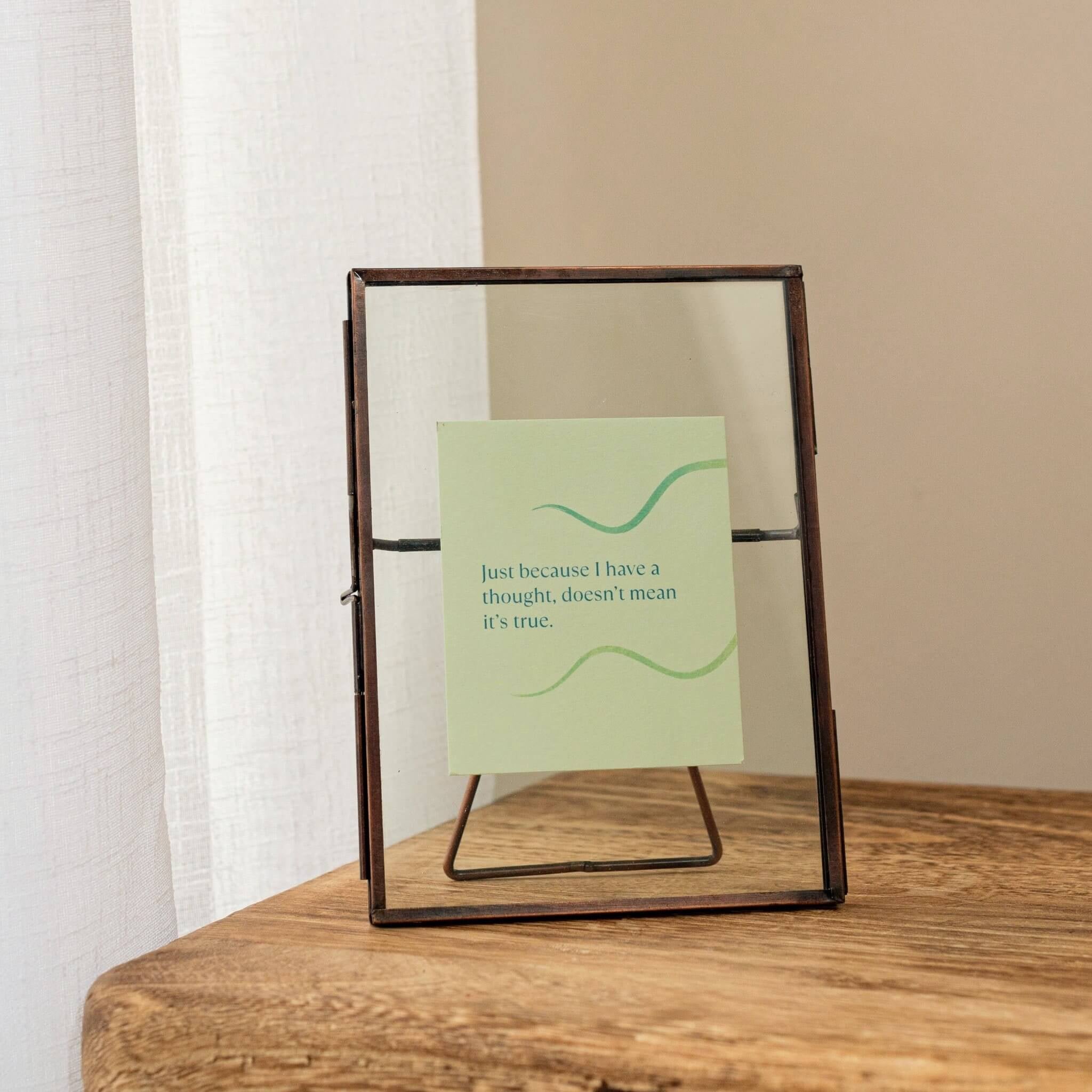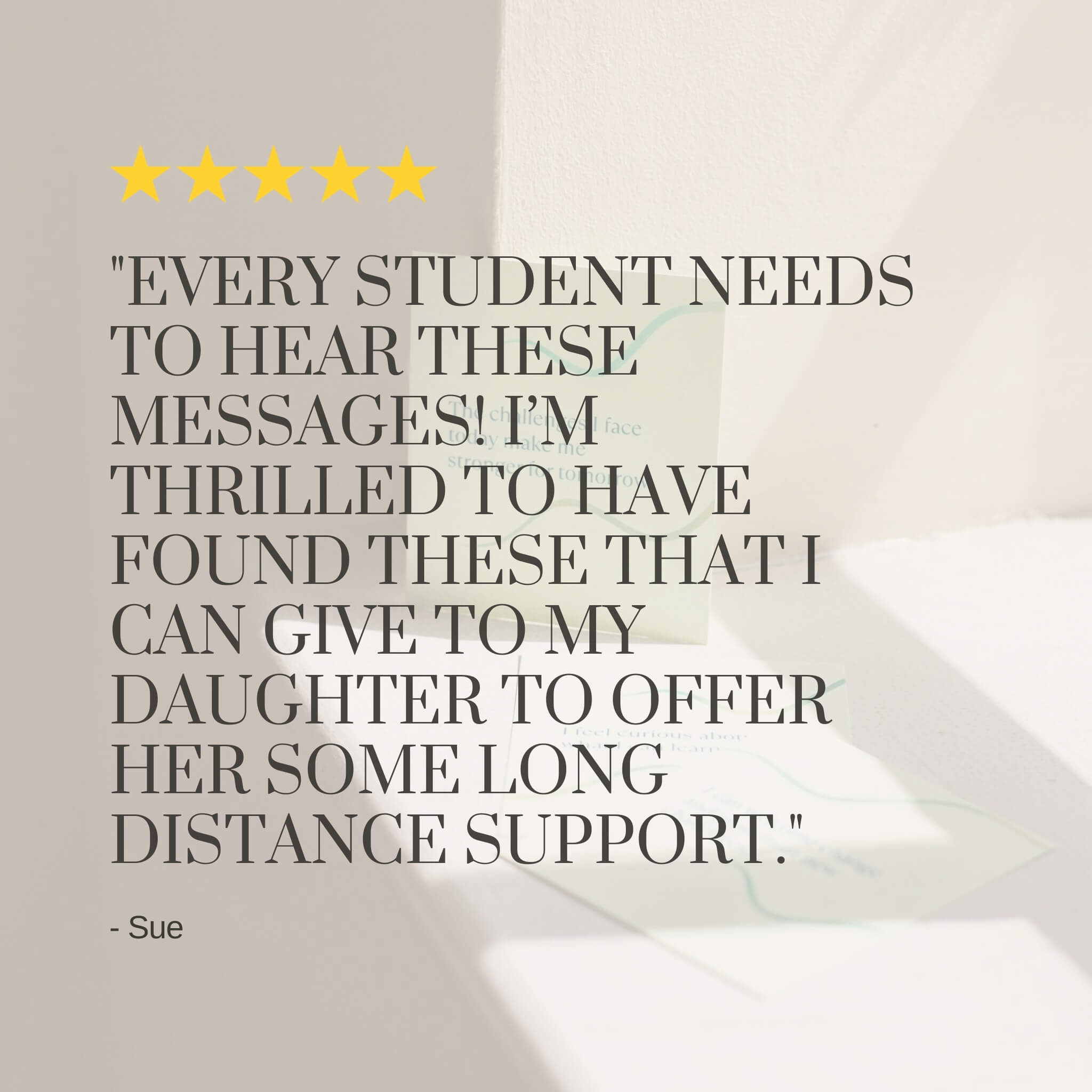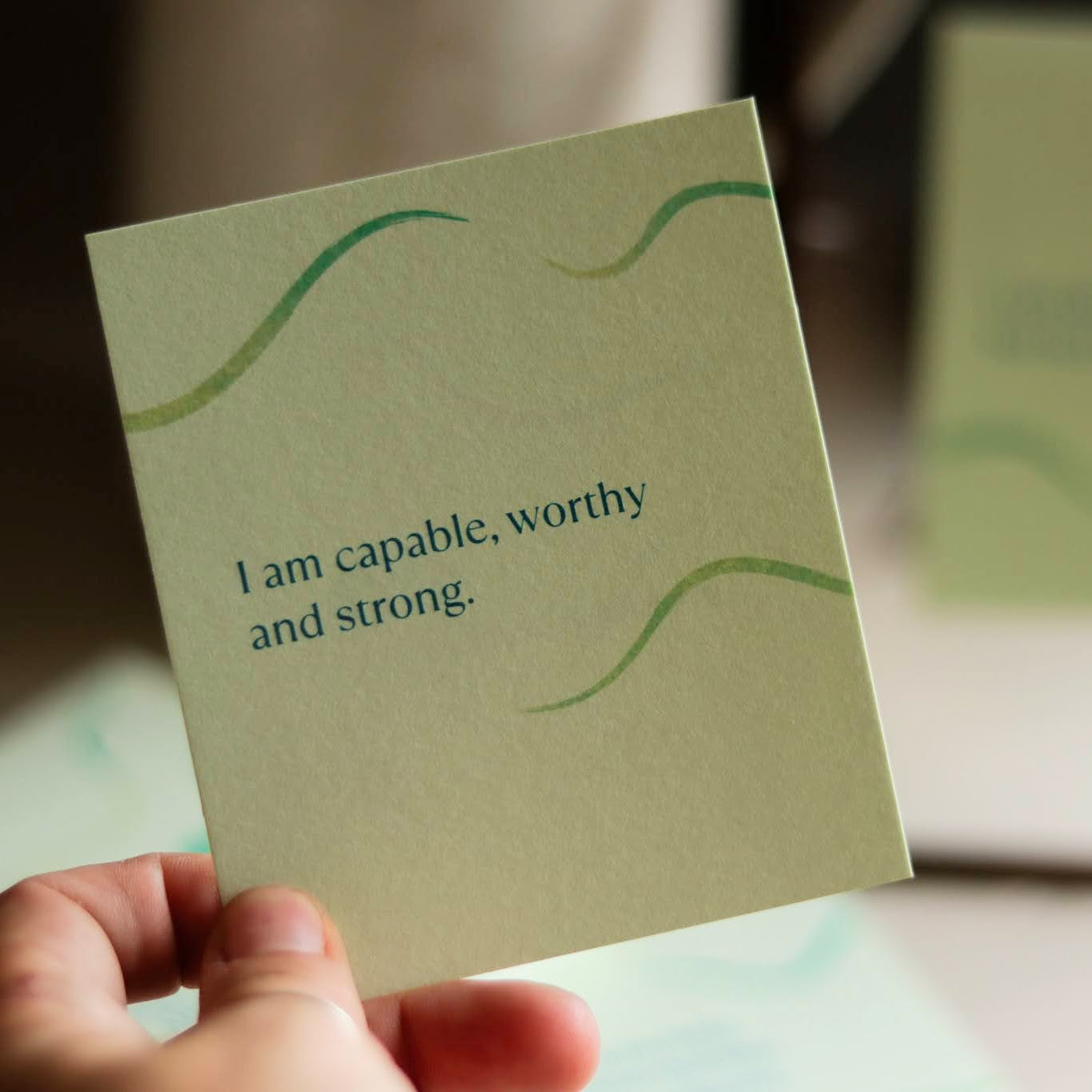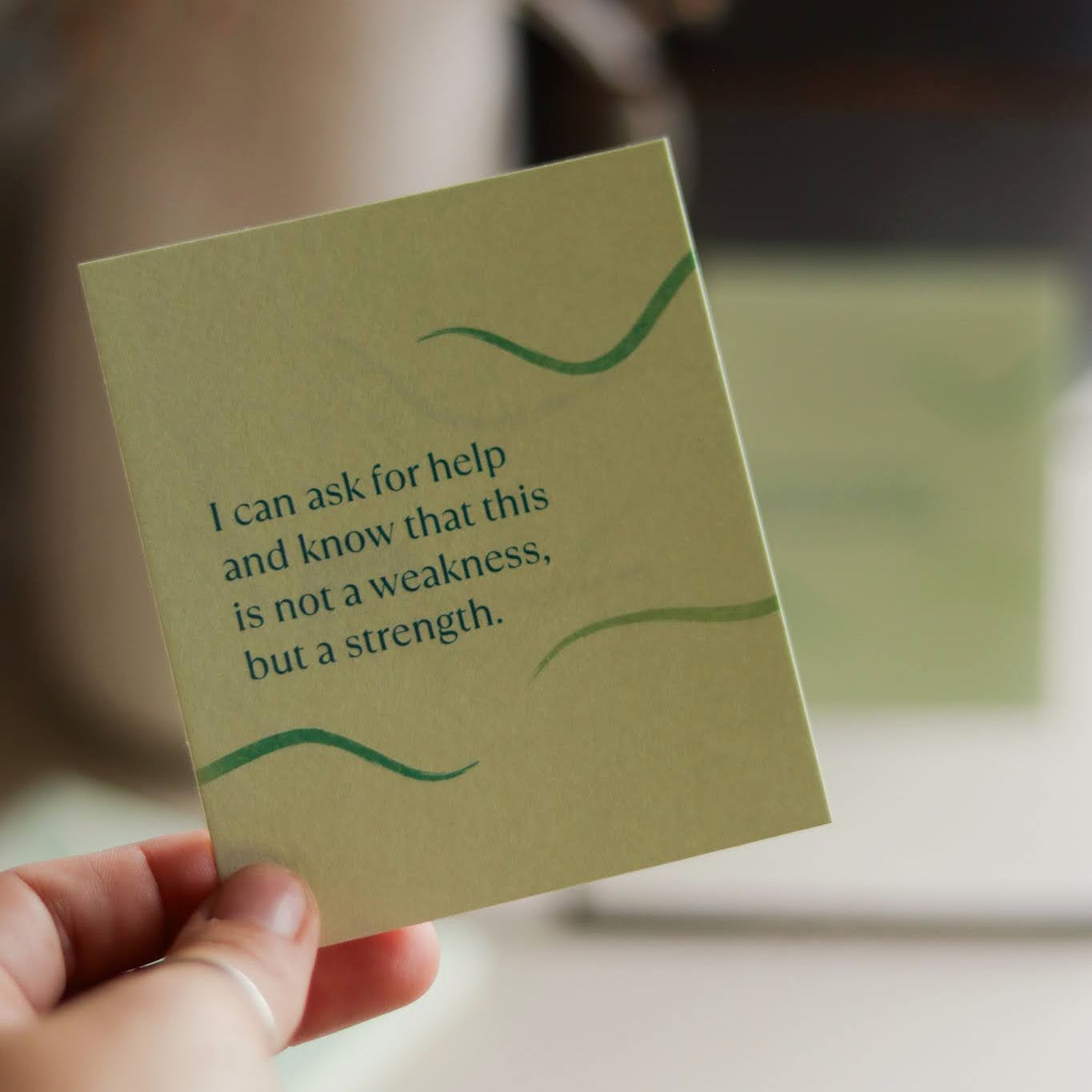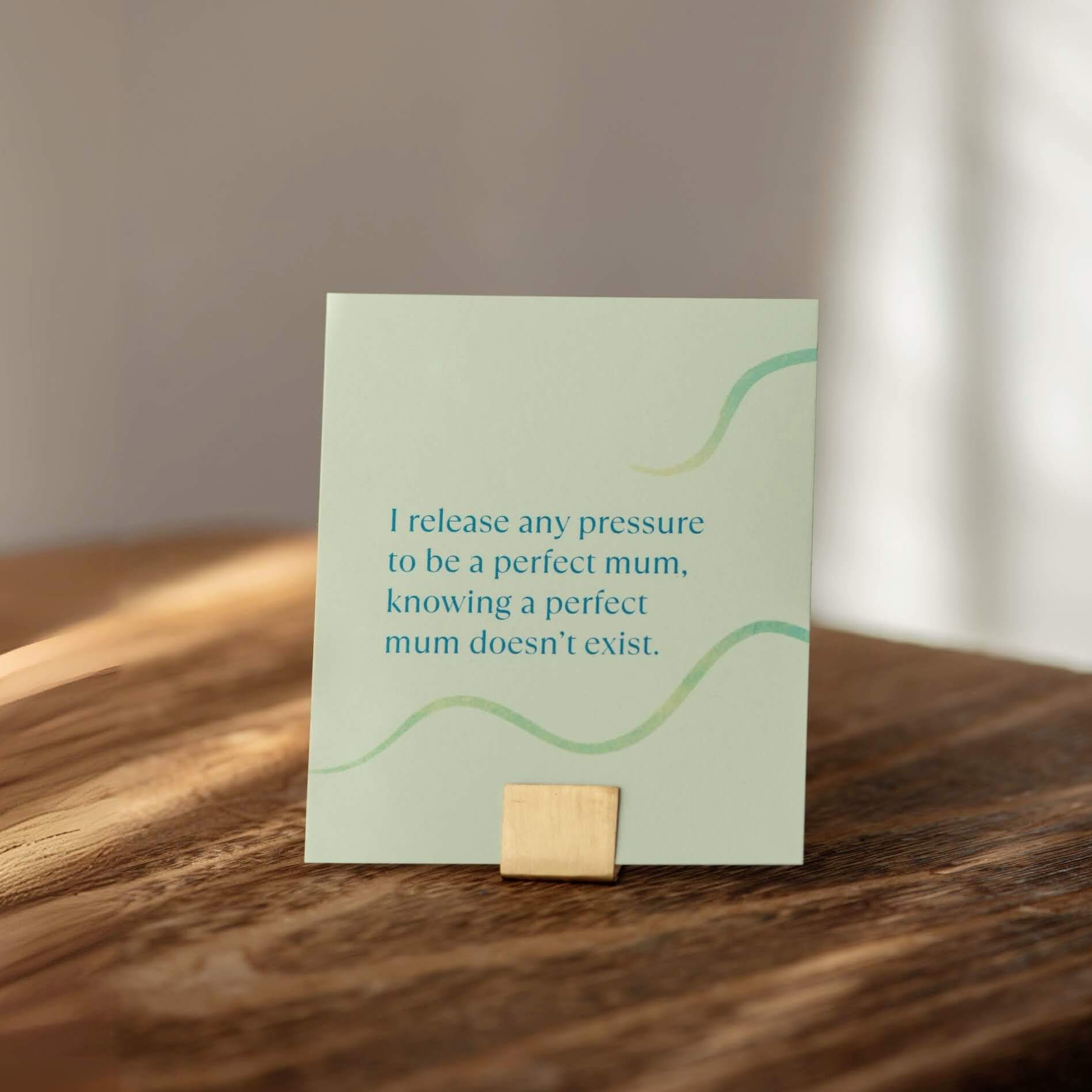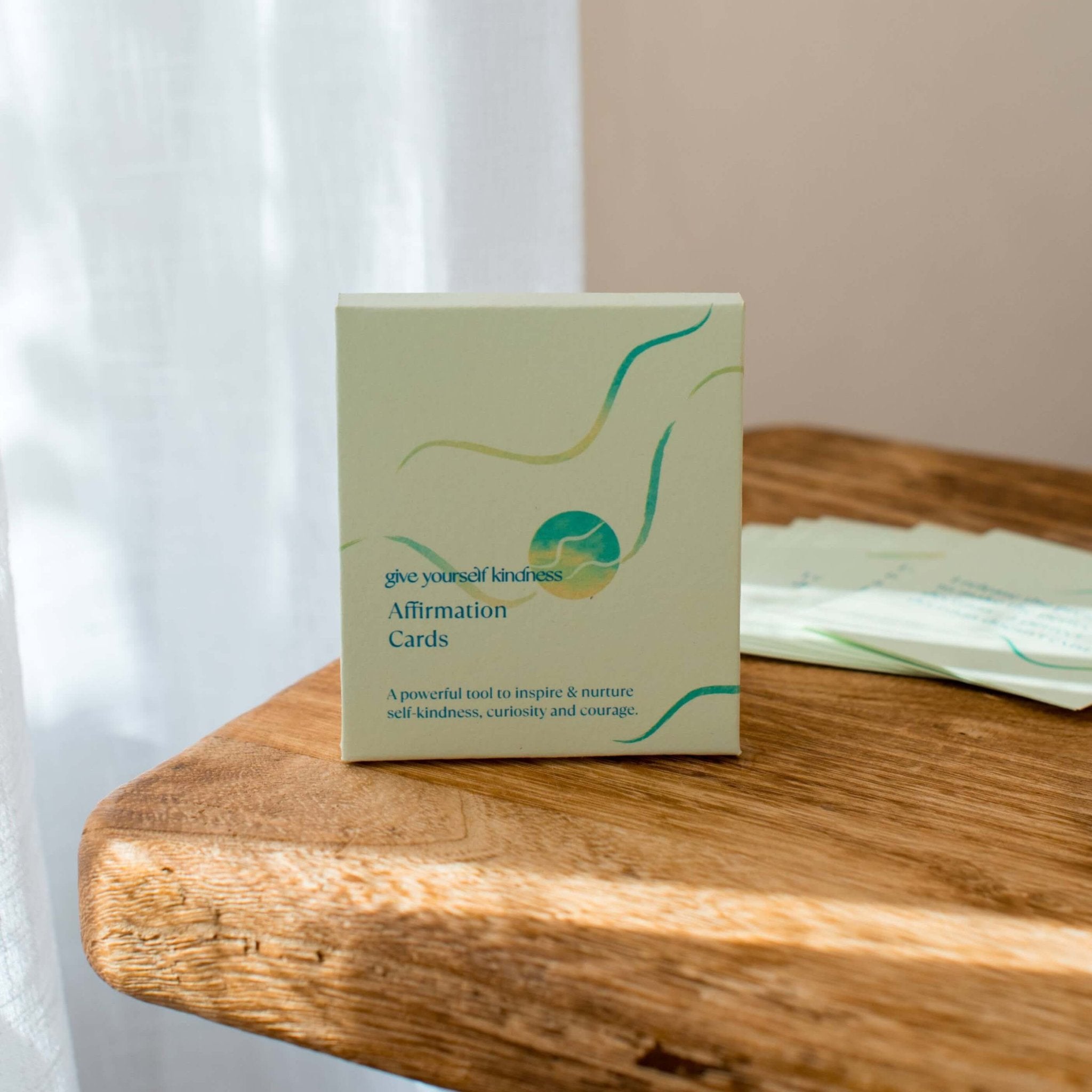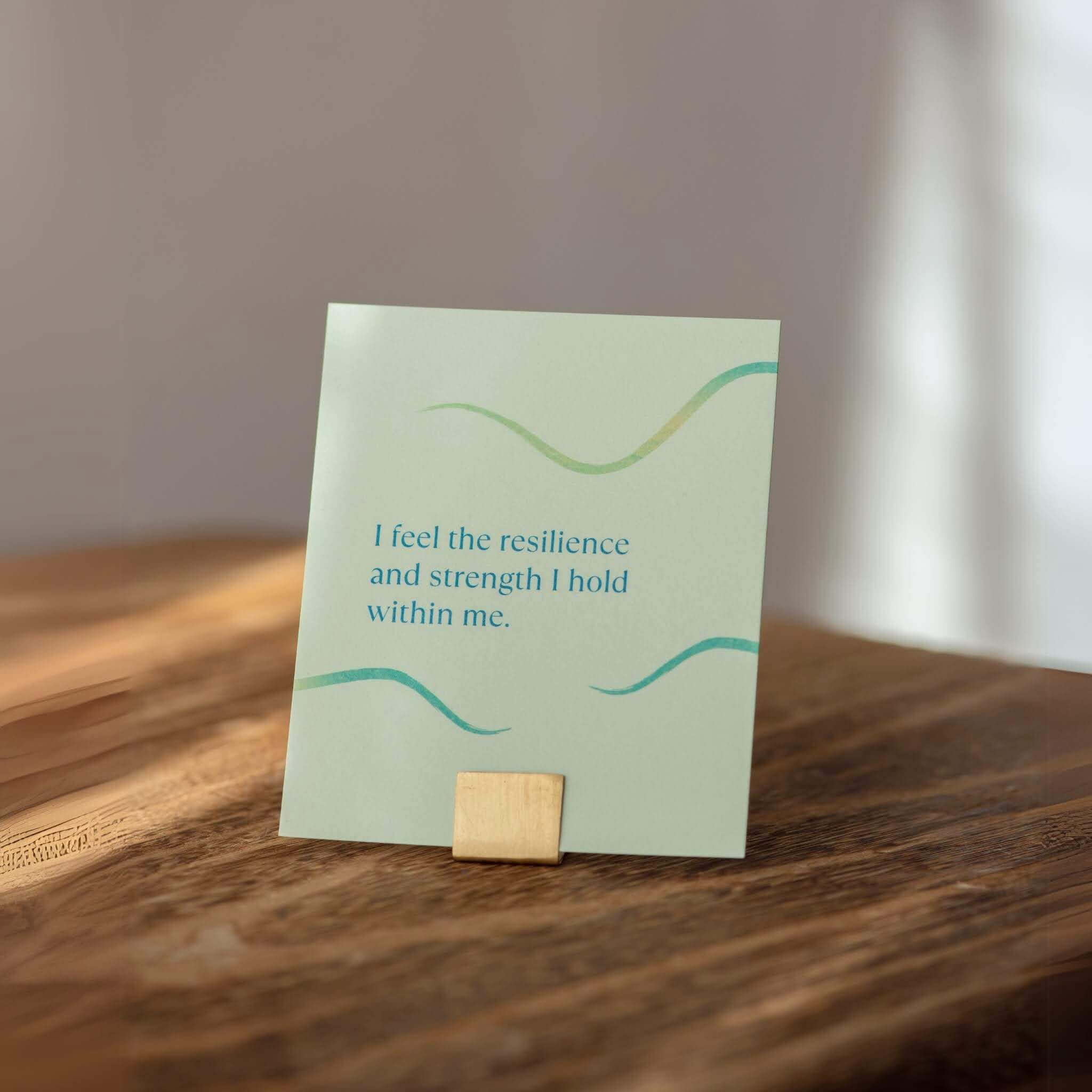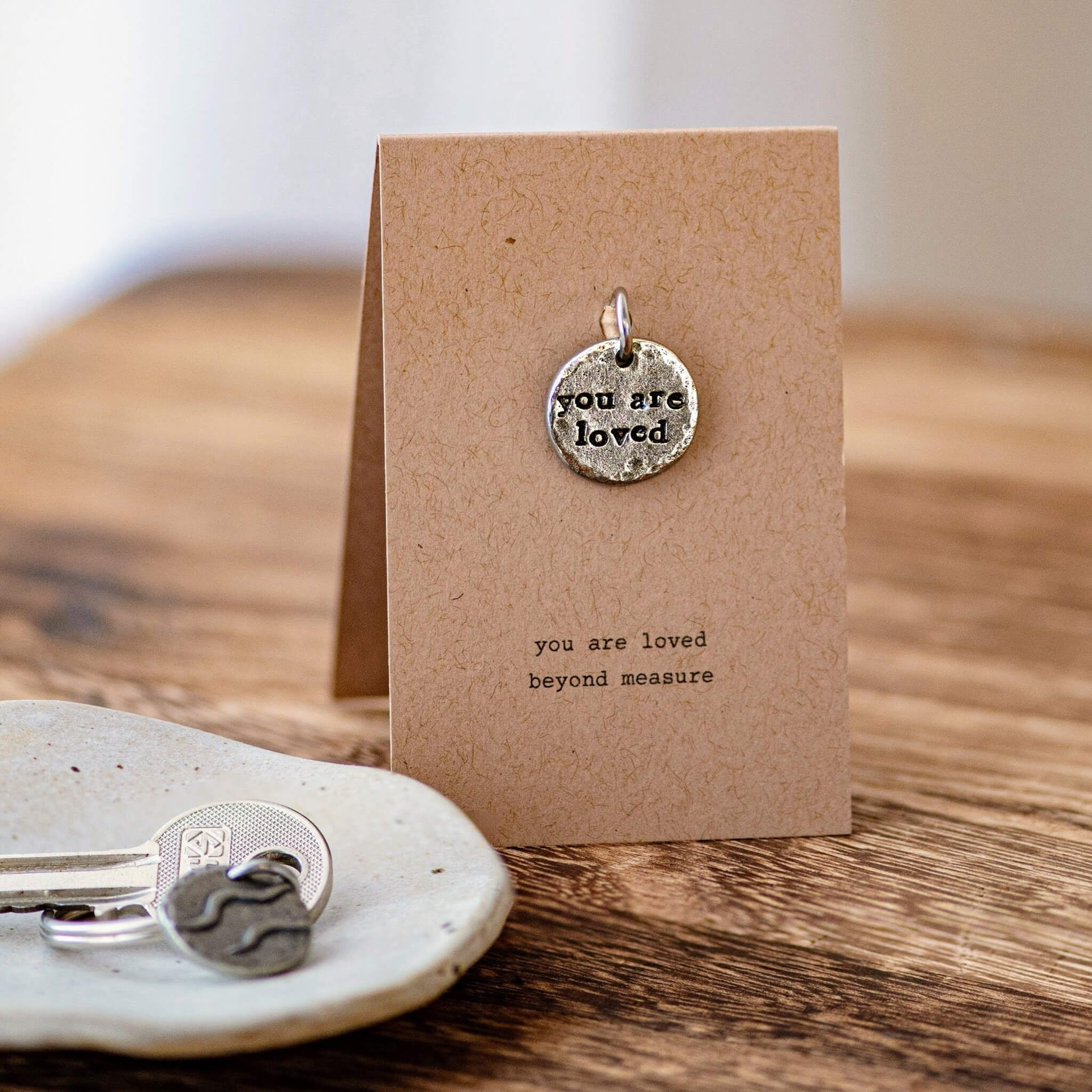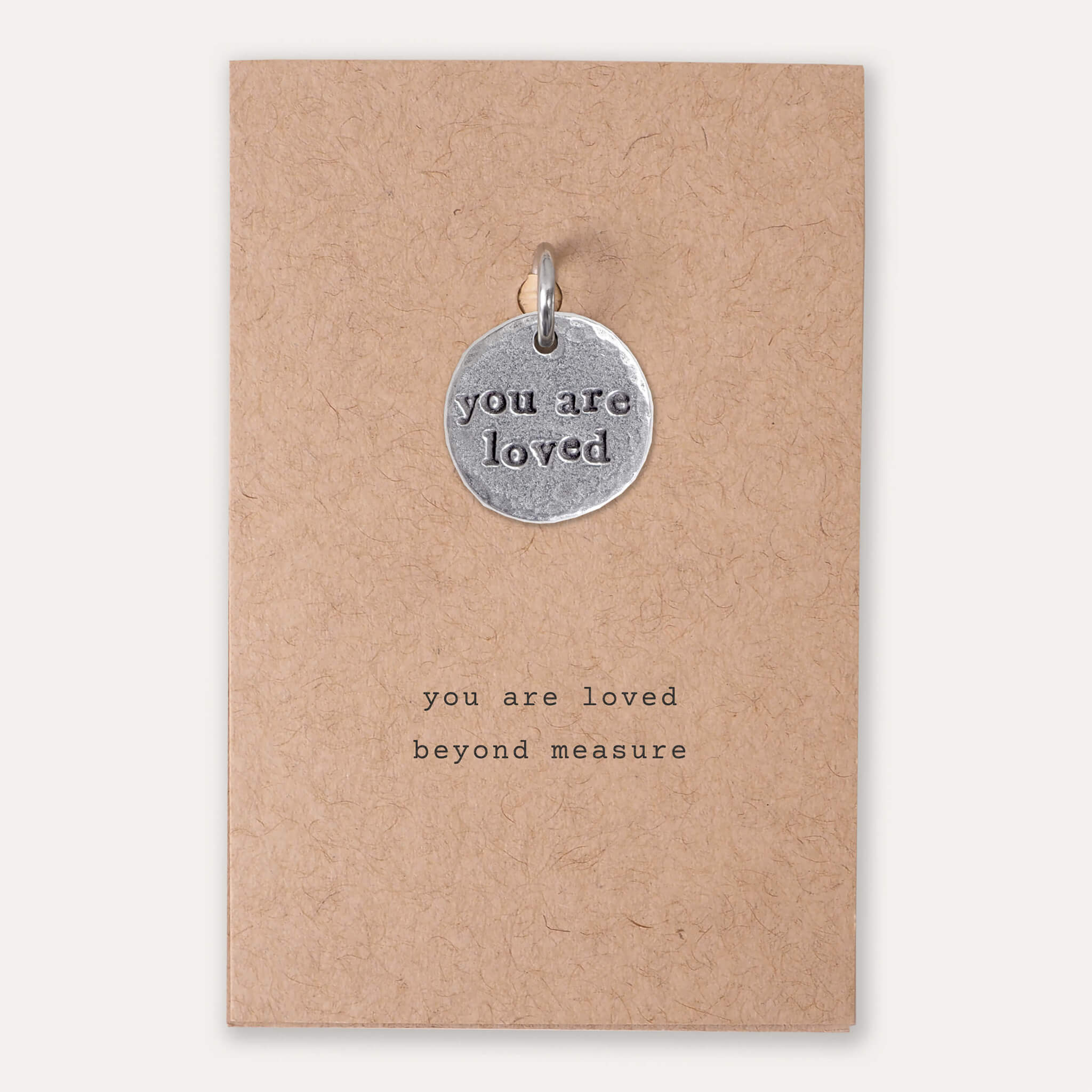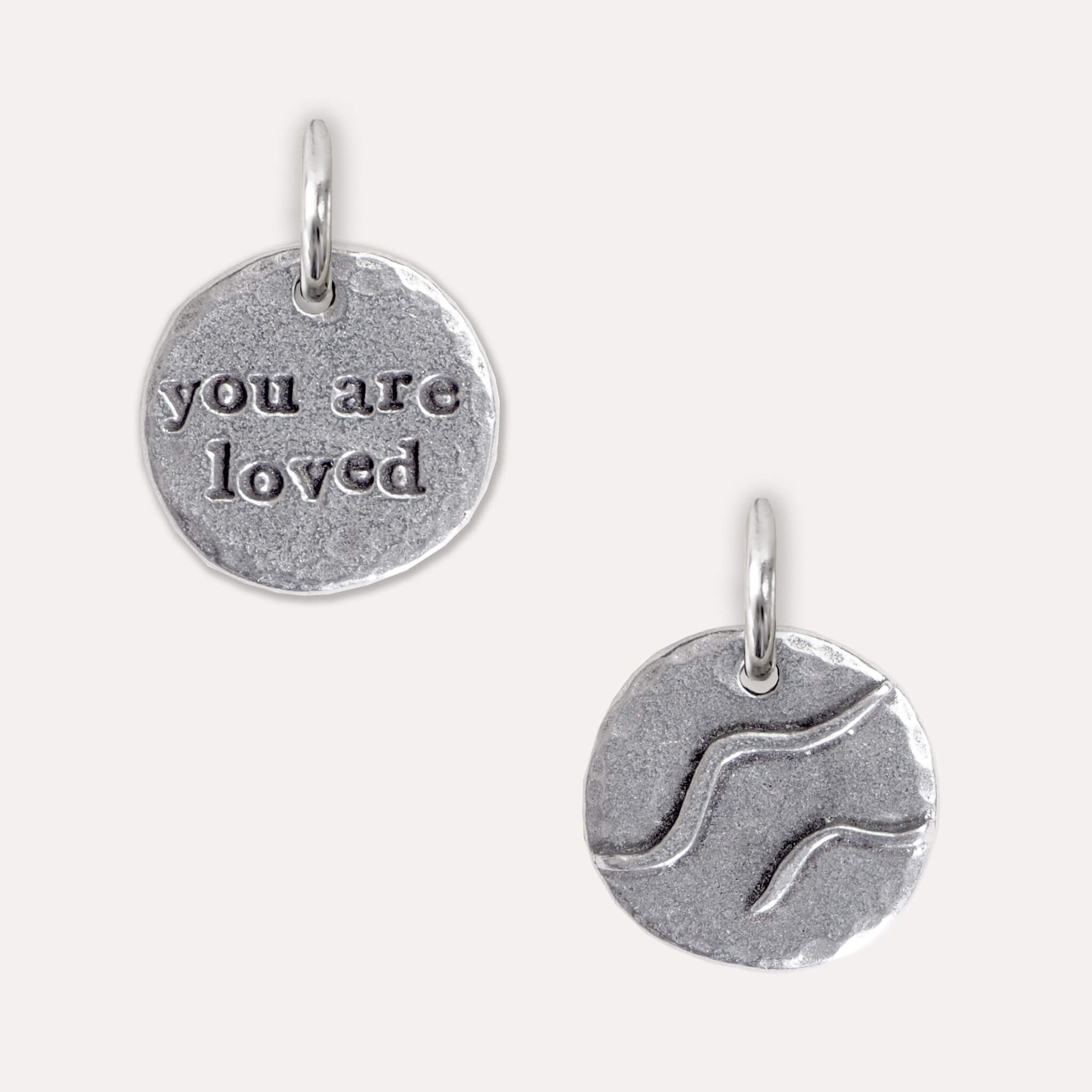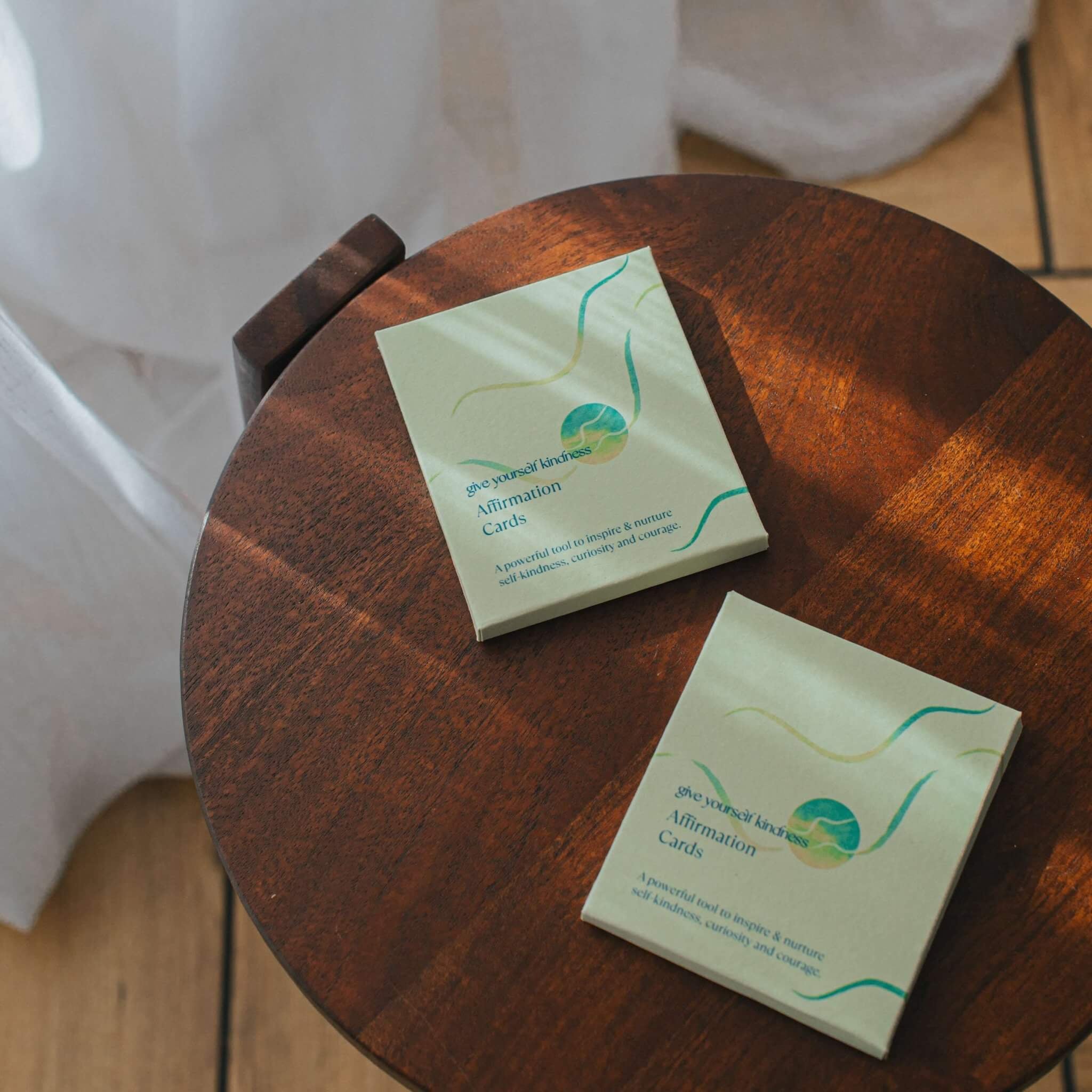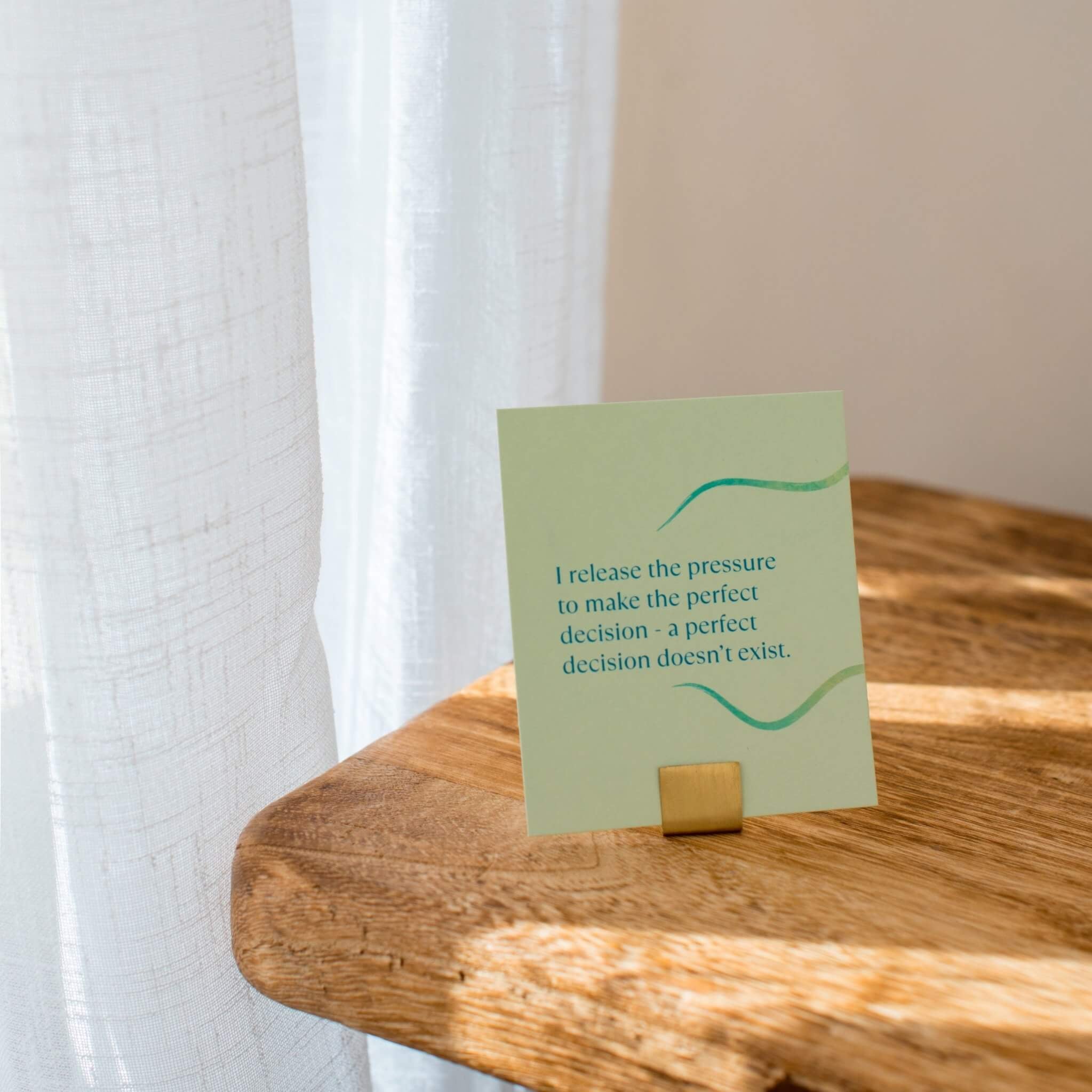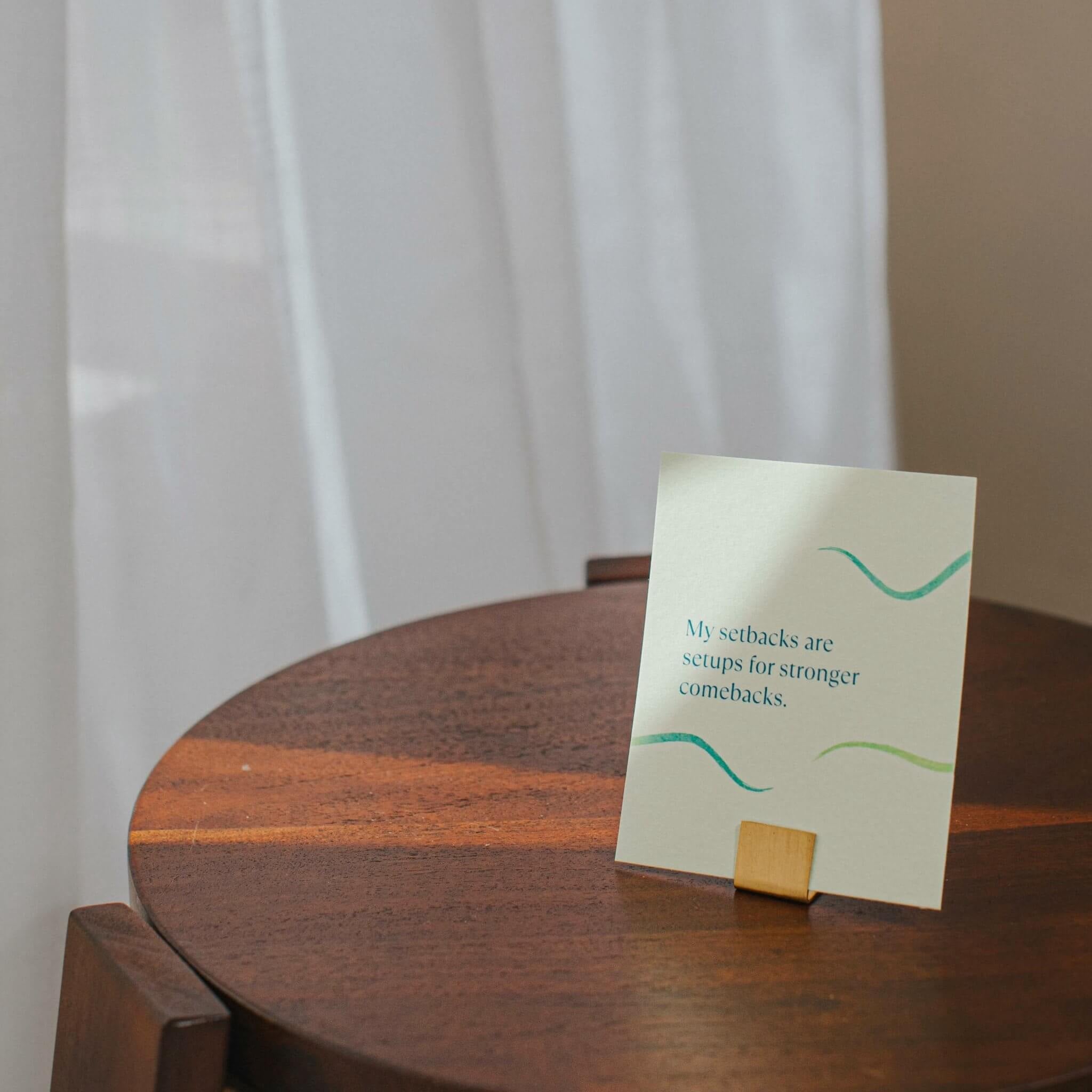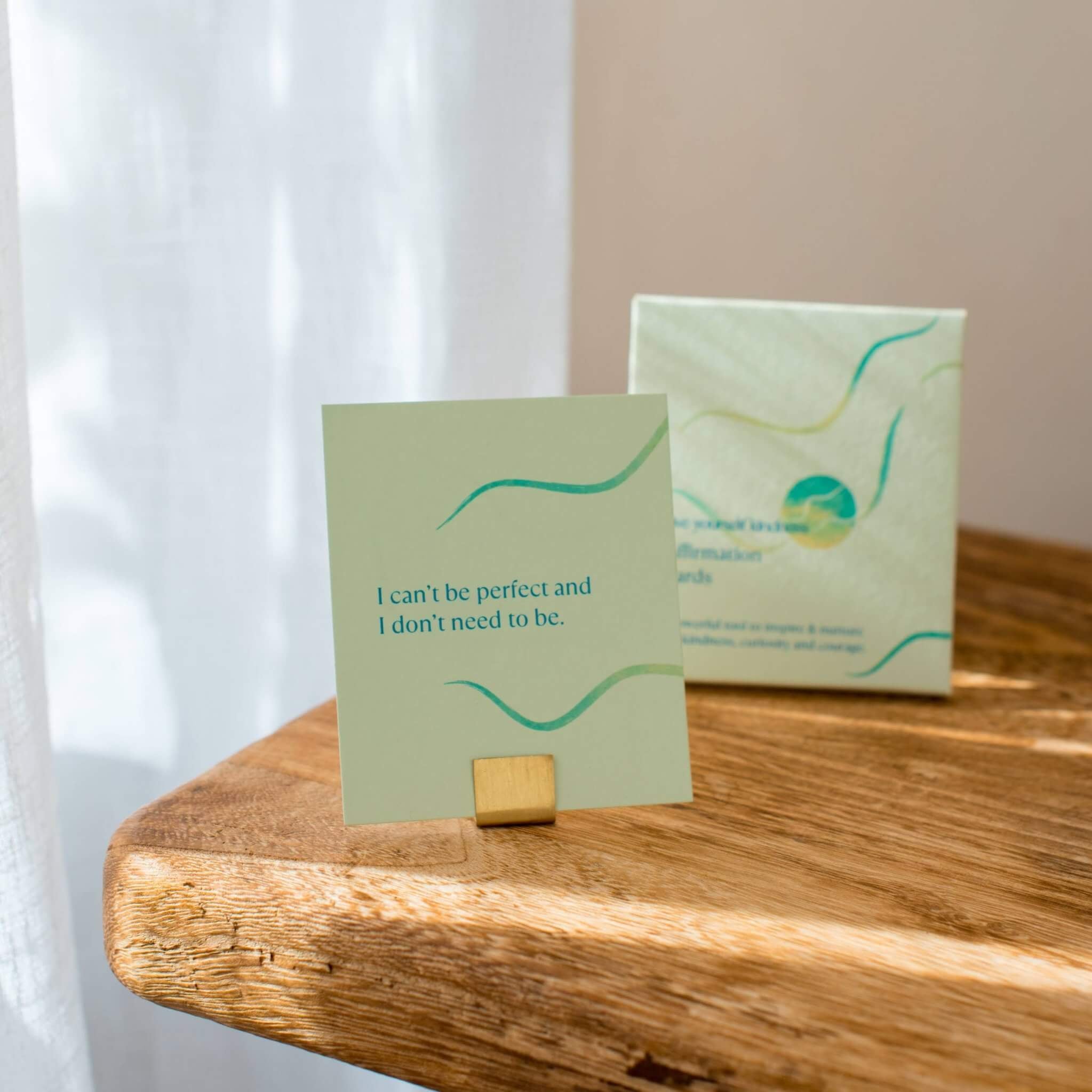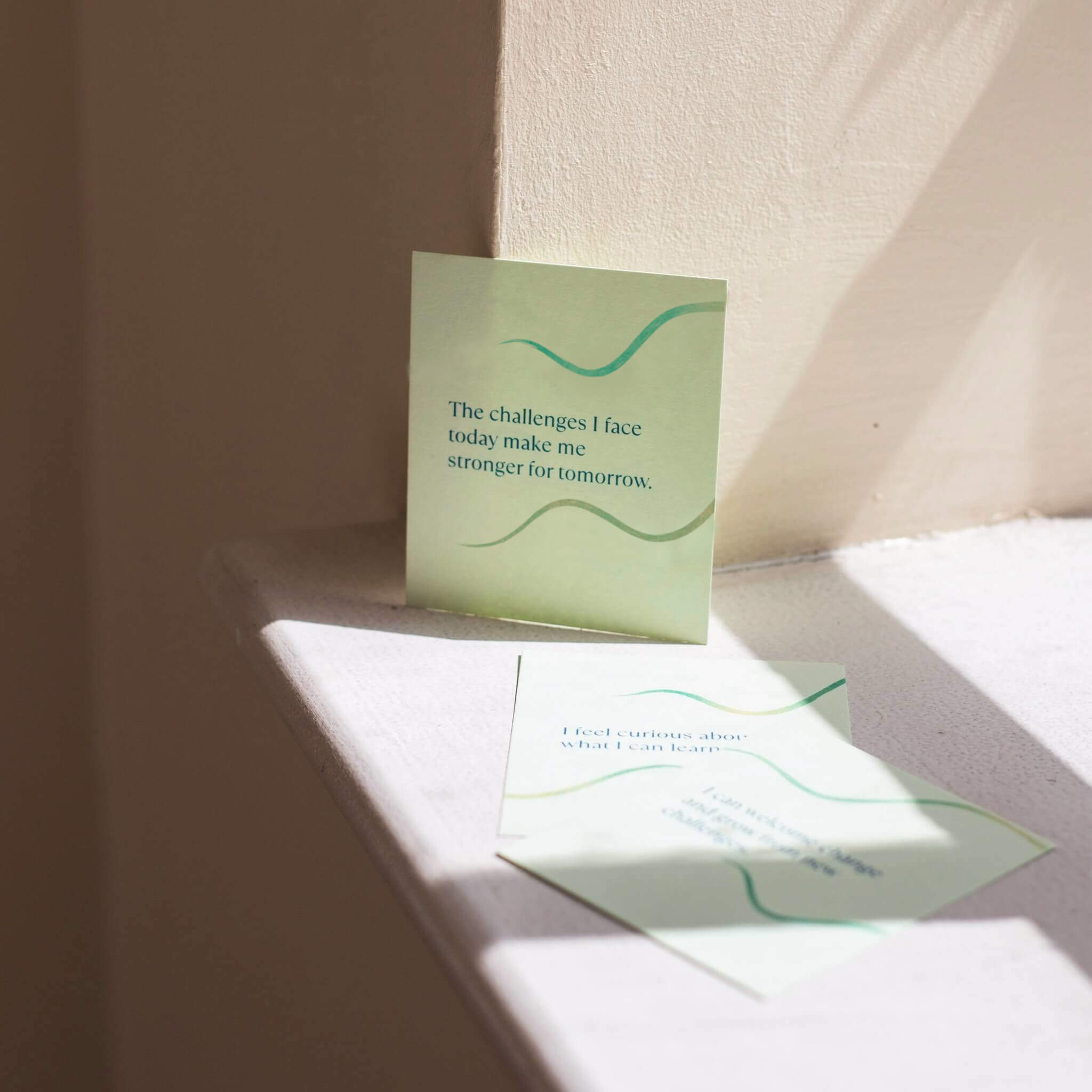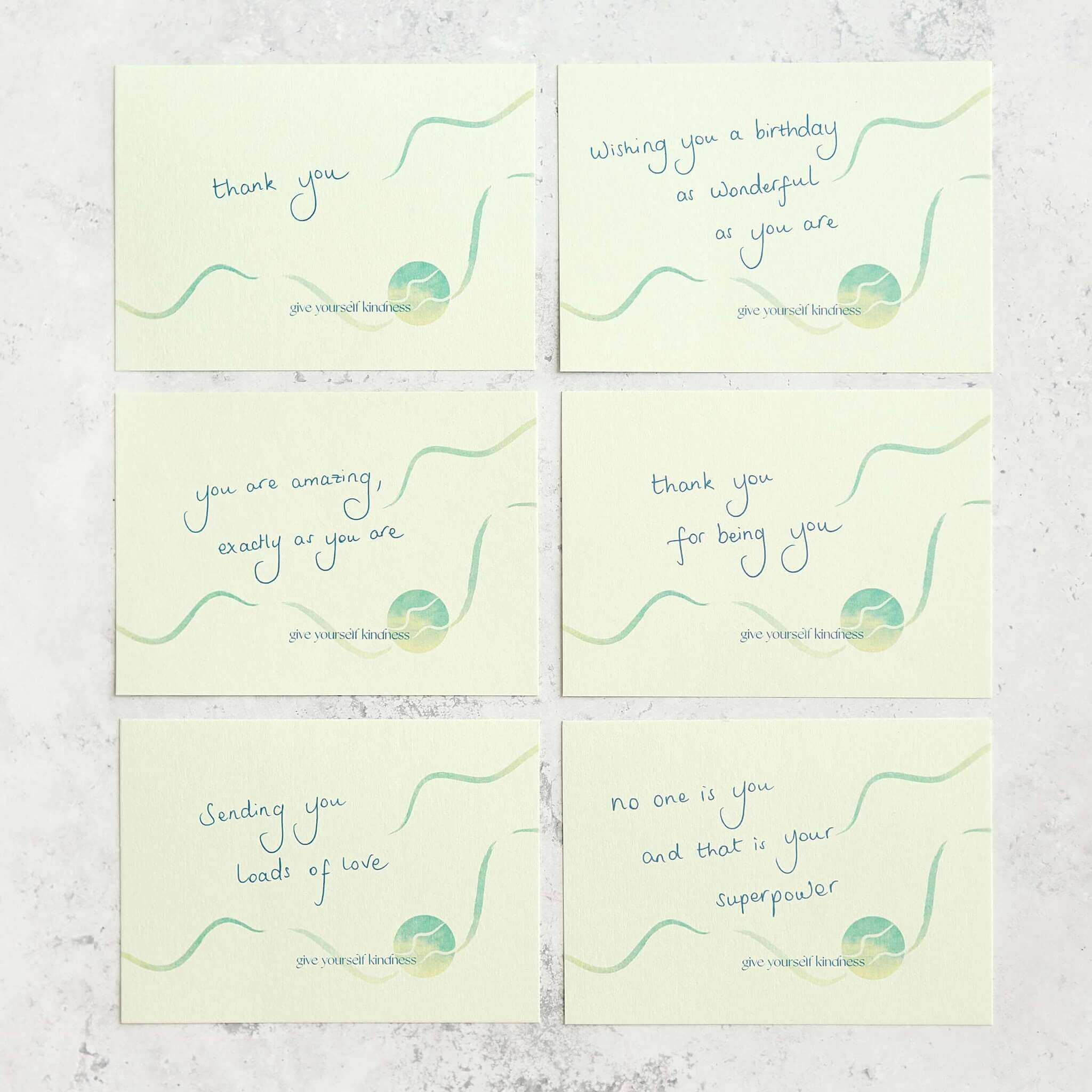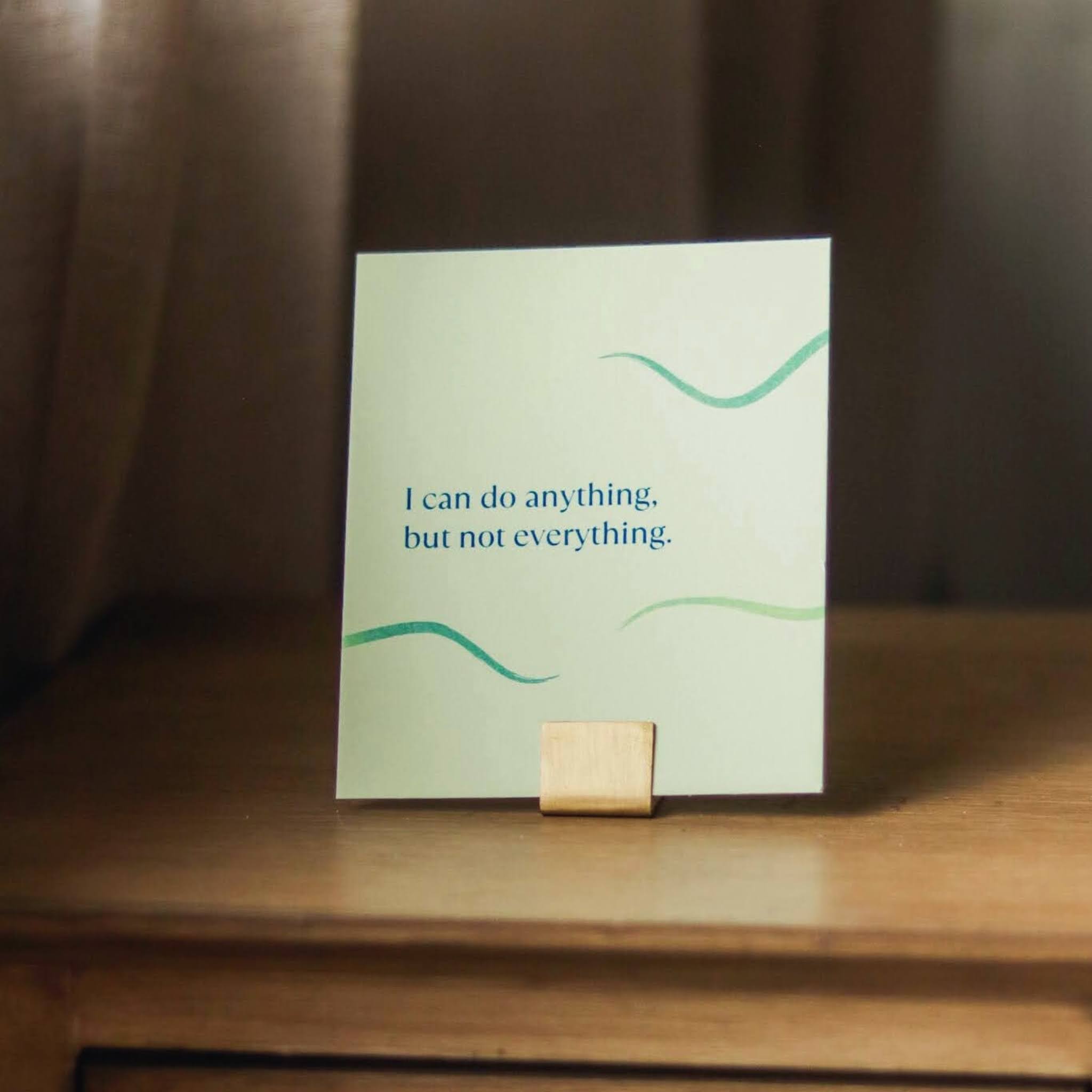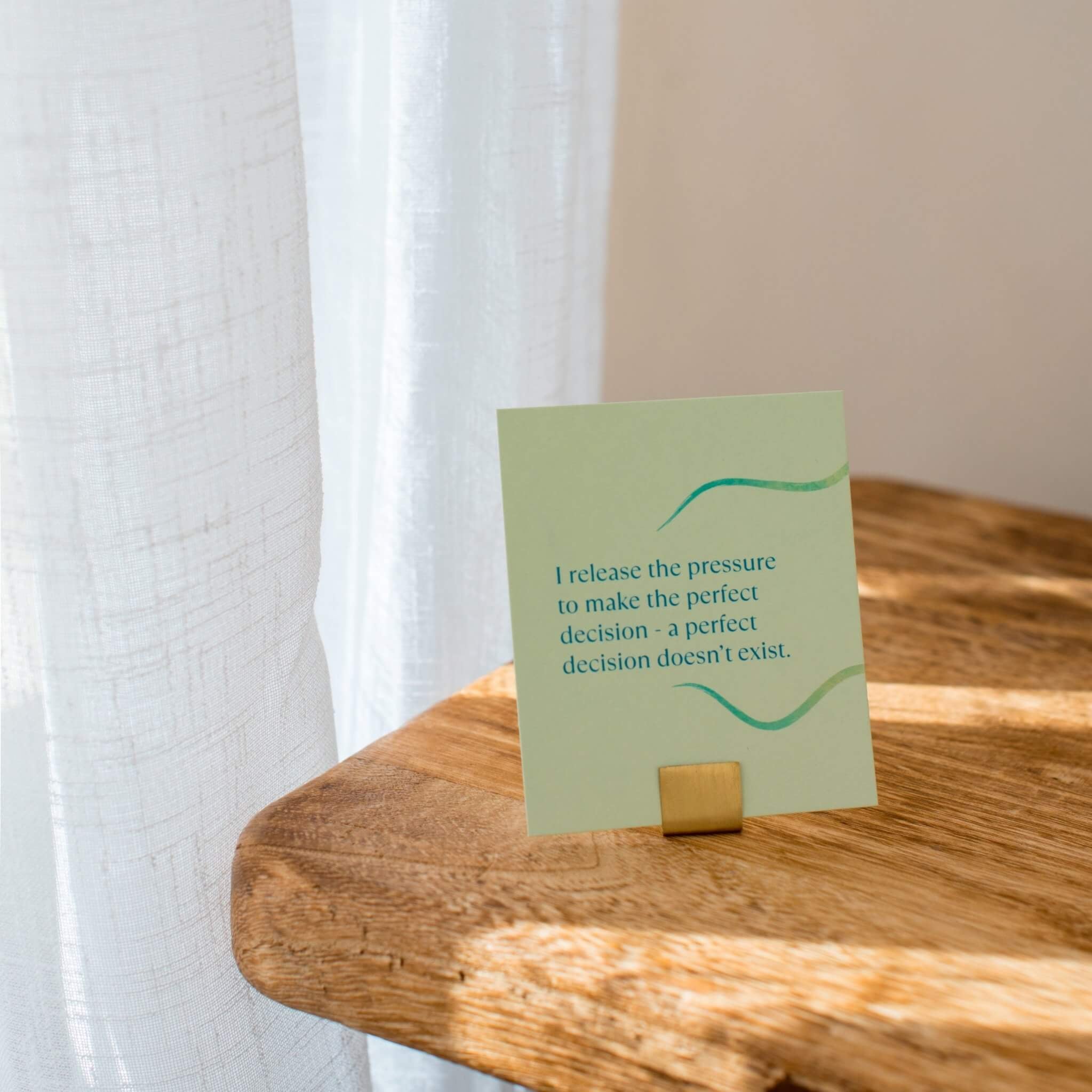written exclusively for Give Yourself Kindness by Niina Tamura, PhD, a psychologist offering psychotherapy to children, teens and families. She is also a trained teacher of the Mindful Self-Compassion (MSC) program for adults and the official adaptation for teens (MSC-T). She also co-authored the highly rated book 'Teaching Self-compassion to Teens' (Guilford Press 2022) alongside Lorraine Hobbs, MA.
Adolescence is a challenging time
Adolescence is a challenging time of exploration and self-discovery. Teens begin to think more critically about who they are and where they belong. They may worry about how others perceive them, compare themselves to peers, and struggle with feeling "not good enough."
All of this brings about strong emotions that teens often cannot regulate yet. In these moments, self-compassion can be a powerful inner resource.
'the same care and understanding they would offer a good friend'
When teens cultivate self-compassion, they learn to treat themselves with the same care and understanding they would offer a good friend.
This mindset can support them through the emotional ups and downs of adolescence, fostering resilience and well-being.
Three ingredients for self-care
Dr. Kristin Neff, a leading researcher on self-compassion, defines it as having three key components: self-kindness, common humanity, and mindfulness.
Self-kindness
Teens often hold themselves to high standards and can be harsh critics of their own mistakes. Instead of engaging in negative self-talk, self-compassion teaches them to respond with kindness.
'self-compassion teaches them to respond with kindness'
When a teen fails a test, makes a social misstep, or doesn’t meet their own expectations, self-kindness encourages them to offer themselves encouragement instead of self-blame.
Common humanity
In difficult moments, teens may feel like they’re the only ones struggling. The concept of common humanity reminds them that everyone faces challenges, doubts, and setbacks—it’s part of being human.
'help teens realize they don’t have to be perfect to be worthy of love and acceptance'
Knowing that others experience similar struggles can reduce feelings of isolation and help teens realize they don’t have to be perfect to be worthy of love and acceptance.
Mindfulness
Adolescence is a time of heightened emotions, when feelings can sometimes feel overwhelming. Mindfulness helps teens take a step back and observe their emotions without being consumed by them.
'observe their emotions without being consumed by them'
Instead of suppressing or over-identifying with their feelings, they can learn to acknowledge their emotions with curiosity and respond with care.
A path to resilience
All in all, self-compassion can serve as a valuable tool for navigating difficult moments and regulating strong emotions.
When faced with failure, rejection, or disappointment, a self-compassionate mindset encourages growth rather than self-punishment.
But how can teens develop this capacity in this current world we live in?
The good news is that self-compassion can be learned. For example, the evidence-based Mindful Self-Compassion for Teens (MSC-T) program teaches teens how to cultivate these skills through short meditations, art activities, games, reflective exercises, and group discussions.
'self-compassion can be learned'
Over eight sessions, teens can develop a healthier relationship with themselves—one based on understanding, acceptance, and inner strength. The program is now offered in several countries and online training is available (see centerformsc.org).
At a time when many teens struggle with self-doubt and emotional turbulence, self-compassion offers them a path to greater well-being. Encouraging them to be kind to themselves, recognize their shared humanity, and approach their emotions with mindfulness can help them build a strong foundation for both adolescence and beyond.

Niina Tamura, PhD, is a psychologist offering psychotherapy to children, teens and families. She is also a trained teacher of the Mindful Self-Compassion (MSC) program for adults as well as the official adaptation for teens (MSC-T). She offers talks, seminars and courses worldwide and online, while keeping a private practice in Heidelberg, Germany. For more information, see niinatamura.com.





